Horse Behaviour and Psychology: Learn to Read Your Horse's Mind
Dec 14, 2024 | Super Equestrian

Have you ever wondered what goes on your horse's mind? They are very aware of their surroundings, often noticing things that humans overlook.
Imagine that you are spending time with your horse in a quiet place. Suddenly it starts acting weird. It may be scared, excited, or even aggressive. But surprisingly there is nothing to fear or react to in this place. In a true sense, understanding the horse's behavior and psychology is like solving a puzzle. But when you crack the code successfully, you can make a stronger relationship with them.
So, the question is not just “Why is your horse behaving like this?” It's more like how can you understand and communicate with it better?” And that is exactly what we are going to disclose here.
How do horses naturally behave to survive in the wild?
If you want to take good care of your horse and enjoy being with it, you have to understand it first. So, you have to know about their origin, natural characteristics, and what things they naturally do to protect themselves in the wild. Then, you can make the perfect environment to keep your horse comfortable.
- Horses are very aware of their surrounding predators. They often get scared of something that we don't notice. So, you need to understand what actually makes them scared. It can help you to train them well.
- They are naturally scared of big-sized animals and use “running away” to protect themselves from their predators.
- They show quick reactions to threats and try to survive immediately.
- Horses don't want to spend their lives in fear. They have a tendency to identify what is dangerous, and what is not. So, you can train them to learn what objects might be dangerous for them.
- Young horses use their smelling sense to feel safe by recognizing objects. They usually smell the saddle before it's put on them.
- They have a strong and sharp memory. They remember any bad experiences well. So, it's very important to make their first training experience positive and enjoyable.
- Horses use body language and sounds for communication. Understanding their methods of communication can help you train them properly.
- Foal or baby horses remain most vulnerable after birth. They are mature enough to recognize danger signals quickly. But they learn to respond to the threats later.
- They can detect human facial expressions and respond to the cues of people if they smile and approach the horse positively. Horses are fearful of those who show weird expressions to them.
What type of gestures do horses generally use to express anything?
Horses are completely different from humans in the case of expressing their problems. Since they can not speak like us, they show some unique expressions or behavior to express their problems. To understand them better, you must study horse psychology which explains their natural characteristics, causes of showing unwanted behavior, and their associated disorders.
Moving their heads up and down
Horses move their heads just like the same way people move their heads when they use special glasses. This type of head moving helps them to see things both far and close better. But it's difficult for them to judge the height and distance of something.
Raising heads and lower noses
When the horses go from light to dark places, they raise their heads and lower their noses to see properly and smell the objects. They need time to adjust their eyes with the light change.
Reacting to unfamiliar sounds
Horses get scared of hearing unfamiliar sounds or noises and start bucking by lowering their heads or rearing aggressively by standing up on their hind legs.
Pinning their ears
When the horses feel angry and want to bite or kick someone, they pin their ears.
What abnormal behaviors affect their health and well-being?
There are certain things that horses don't usually do in the wild. When they feel stressed, bored, or in pain, they do some unwanted activities. Such activities might be a threat to their health and well-being by causing dental problems, stomach issues, weight loss, injuries, infections, or even death. So, what are those strange activities horses do due to having any mental or physical health issues?
- Doing the same thing repetitively like shaking heads, walking in a circle, or biting wood.
- Eating dirty things like poop, chewing wood, hurting other horses, or being aggressive.
- Drinking too much water or not eating enough foods that are necessary for their health.
What causes wobbler syndrome in horses?
Sometimes you can see horses can not keep their balance while walking and feel weakness. This is a common symptom of wobbler disease. It's basically a problem associated with muscle movement. The actual causes of this syndrome are unknown. But you may see injury or infection in the spine and neck of the horses. So, it's thought that this problem is related to neurological issues that may affect their brain. Some horse breeds are more likely to have this wobbler syndrome as it is also related to genetic predisposition.
Horses with wobbler syndrome become uncontrollable and they used to kick very often due to pain. As a consequence, it's become difficult to manage them. So, if you see any symptoms of wobbler syndrome in your horse, consult a veterinarian immediately.
How can you manage the unwanted behavior of your horse?
Gathering thorough knowledge about horse psychology can help you design an effective management plan to solve their behavioral issues. So, how can you deal with their unwanted behavior?
- Try correcting their bad habits from the very beginning of their training period. Teach them positivity and try to practice it regularly so that they can adopt positive behavior in their character. So, the negative behaviors will not be permanent in them.
- Horses enjoy being in groups and following each other. Trainers can follow this strategy to train them better such as jogging away from the barn and then walking back.
- Never approach a horse directly from behind because they might knock if they don't know you are there. You can talk to them when you are walking behind them. Then they won't be scared of you.
- When crossing rough ground, riders should give their horse more freedom to move their heads and look around. This will help the horse see the ground and understand where to step.
- Always try to read their emotions by creating a strong bond with them. This will help you to calm them down if they do any unwanted behaviour.
- Riders can use their voice, hands, or legs to communicate with the horse. Horses will respond to your signals if you are confident enough to recognize your cues to them.
- You can incorporate a lot of variety into the daily tasks of your horses. This strategy will be helpful to keep your horse from getting bored.
- When the horses are scared of any objects, encourage the horse gently towards the object with patience. This will help your horse to overcome its fear of this particular object.
- Keeping horses in separate stalls can harm their well-being, particularly if they have limited access to the outside for roaming and grazing. Try to take your horse to the pasture regularly.
To sum up
Sometimes horses do things that people don't understand, and it's really frustrating for an equine lover. Understanding horses' behavior is very important to build a trustable relationship with them. Since horses are stronger than human beings, you must use psychology to handle them properly.
Considering the convenience and need of horse enthusiasts, we have tried to introduce horse psychology mentioning the most common behavioral issues of horses. If you are a horse enthusiast seeking guidance on preventing and addressing the challenging behavior of your horse, hope our conversation will be helpful for you.
If you find the solutions of your desired queries from this discussion, please leave a comment below. And share our conversation more and more to spread the informative discussion to your community.
Recent Blogs
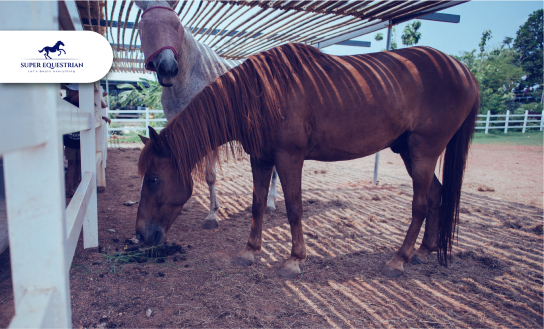
Common Equine Diseases and How ...
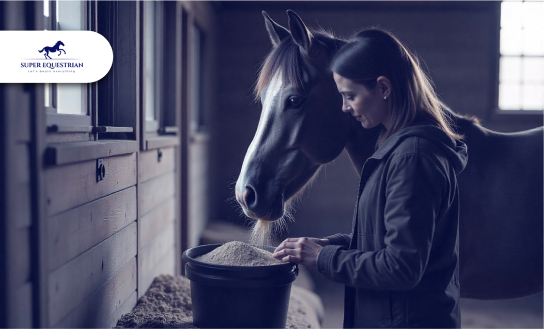
Equine Health Supplements: What Every ...
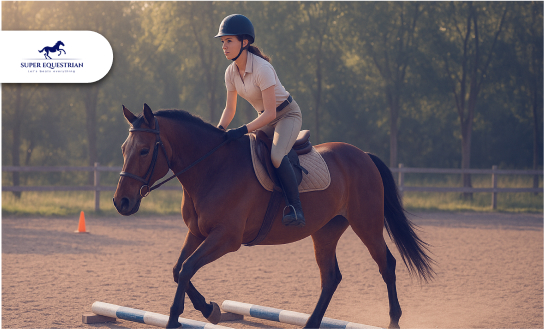
Jumping Basics: How to Prepare ...
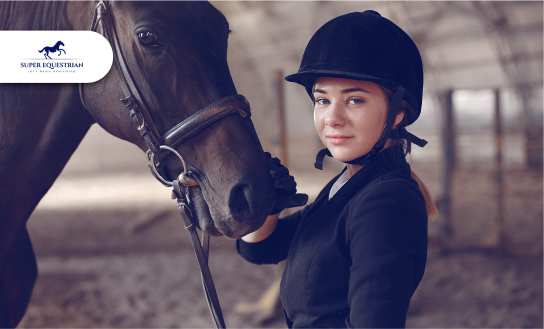
Essential Horse Riding Gear for ...
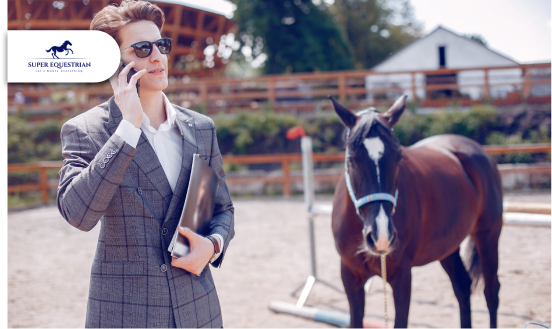
How to Balance Work, Life, ...

How to Balance Work, Life, ...
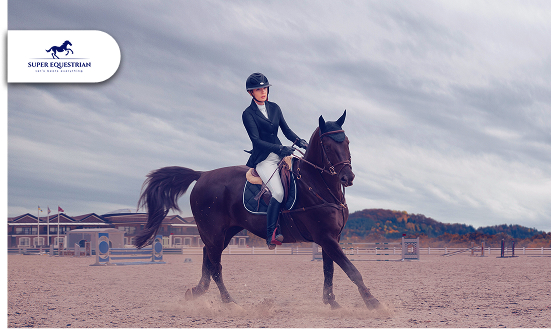
Top 5 Exercises to Improve ...
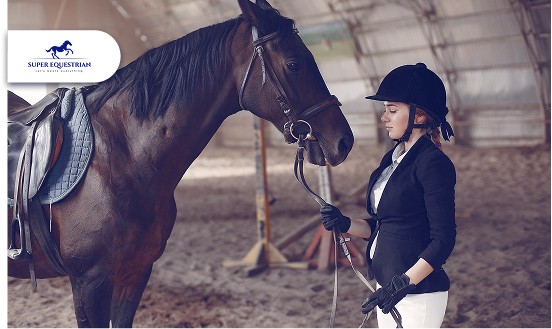
How to Build Confidence as ...
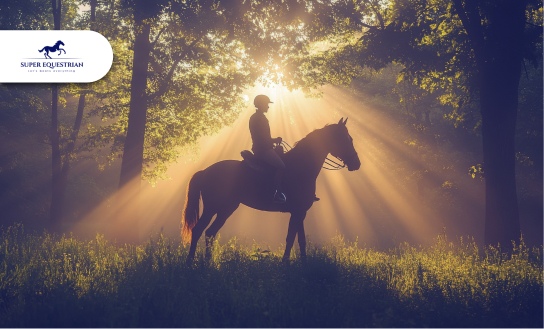
Spotlight on Equestrian Legends: Riders ...
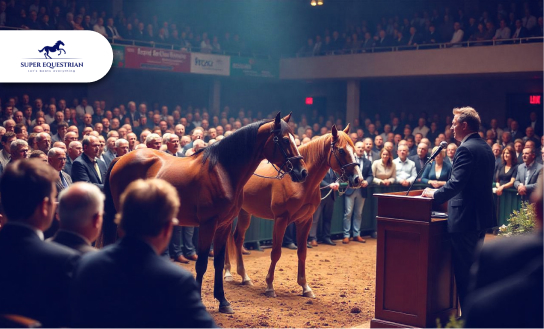
Horse Auctions and Sales...

Top Horse Friendly Travel Destinations ...

How to Build Stronger Bonds ...

Upcoming Horse Shows and Competitions ...
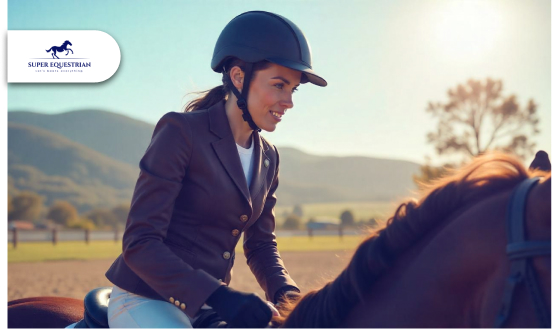
MIPS Equestrian Helmet The Future ...
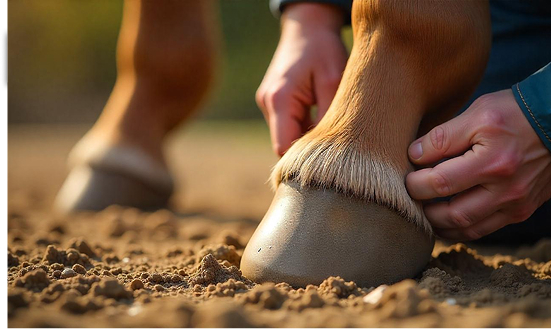
How to Recognize and Treat ...
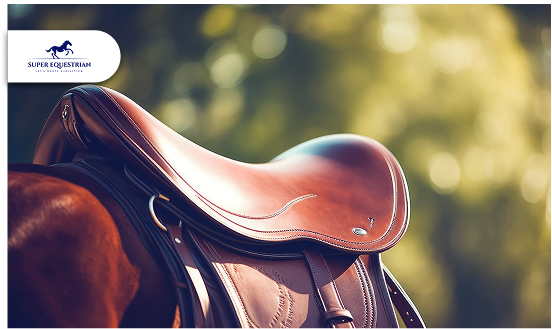
How to Choose the Perfect ...
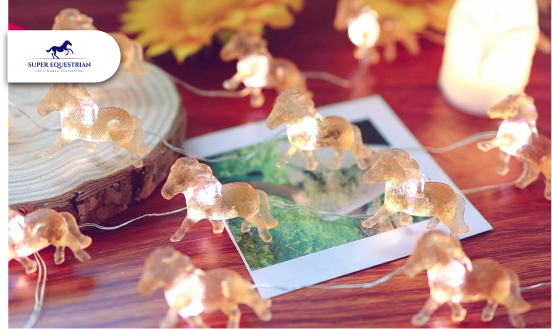
Horse-Themed Gifts Unique Ideas ...
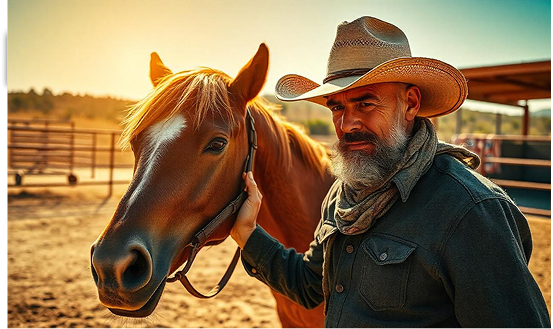
Horse Training Techniques: Creating A ...
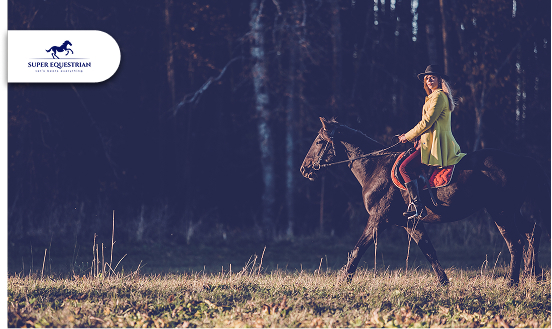
Horseback Riding Lessons – Everything You ...
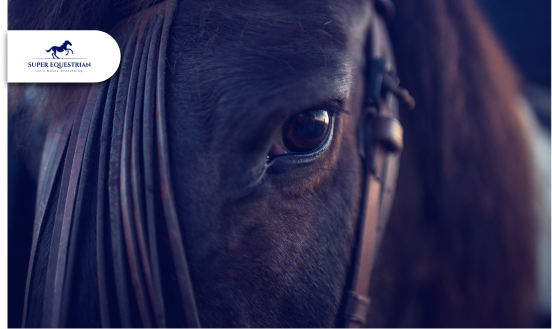
Horse Photography Tips: Learn the ...
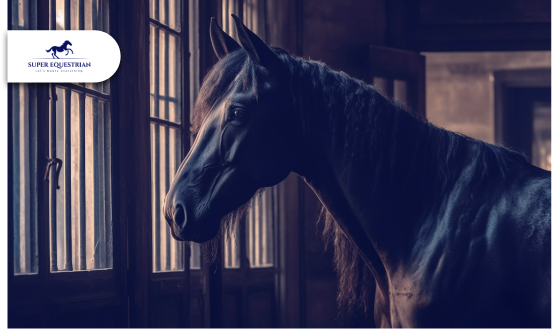
Horse Stable Management: The Quiet ...
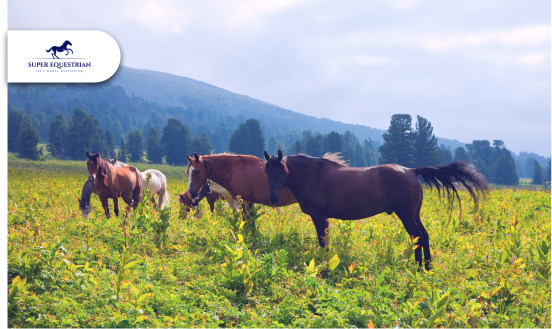
Horse Rescue Organizations: A Profound ...
Horse Racing Events A Look ...
Best Horse Manure Fork Six ...
What Are The Rarest Horses ...
What Does It Mean When ...
Horse Insurance Providers This Is ...

Horse Behaviour and Psychology: Learn ...

How Much Does a Horse ...
.jpg)
Best Monoflap Saddles For Your ...
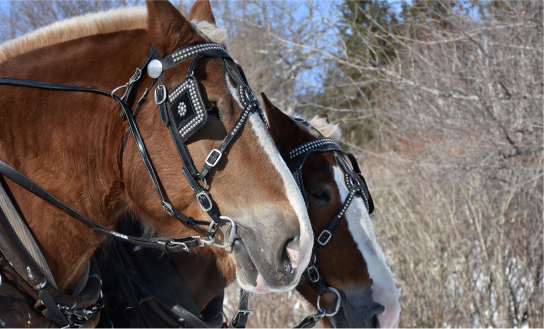
Best Hackamore For Barrel Racing...
.jpg)
Best Barrel Racing Reins Top ...
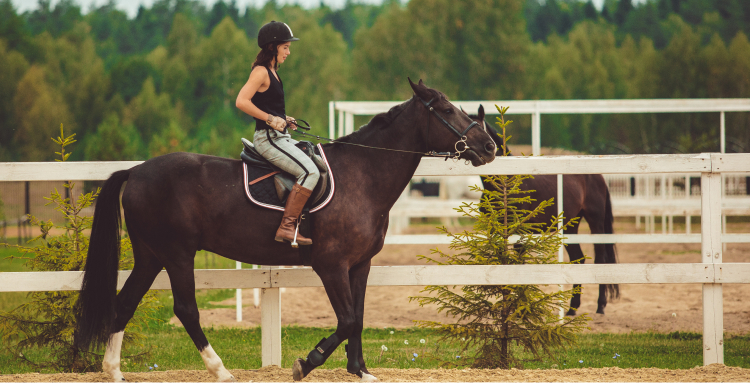
Horse Anatomy And Physiology: Facts ...
.jpg)
Best Stirrups For Ankle Pain - ...
.jpg)
Horse Care Tips and Tricks: ...
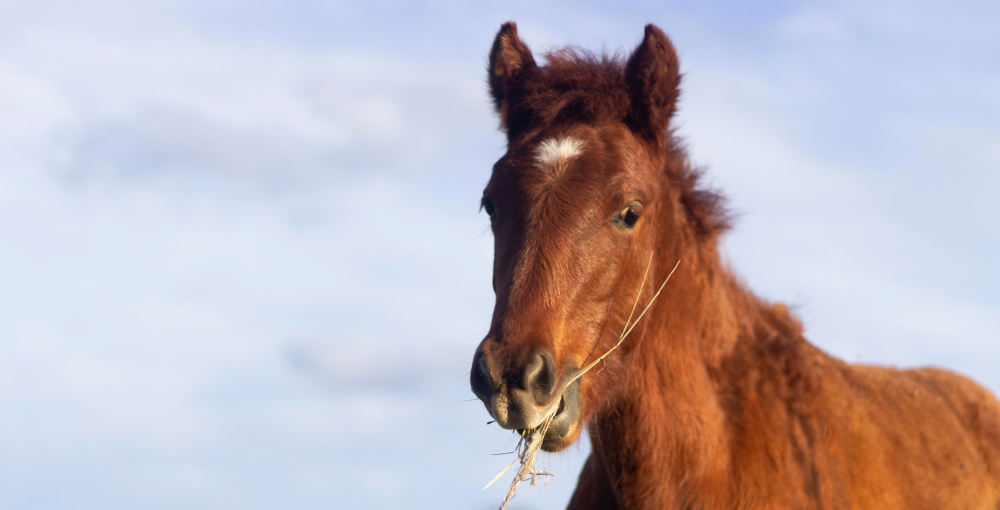
What Do Wild Horses Eat- ...
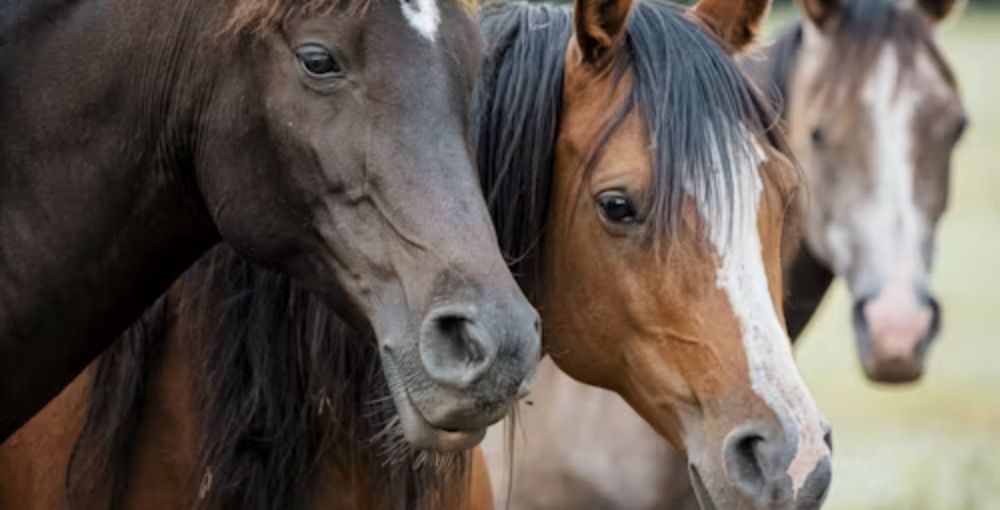
Horse Breeds and Characteristics: How ...
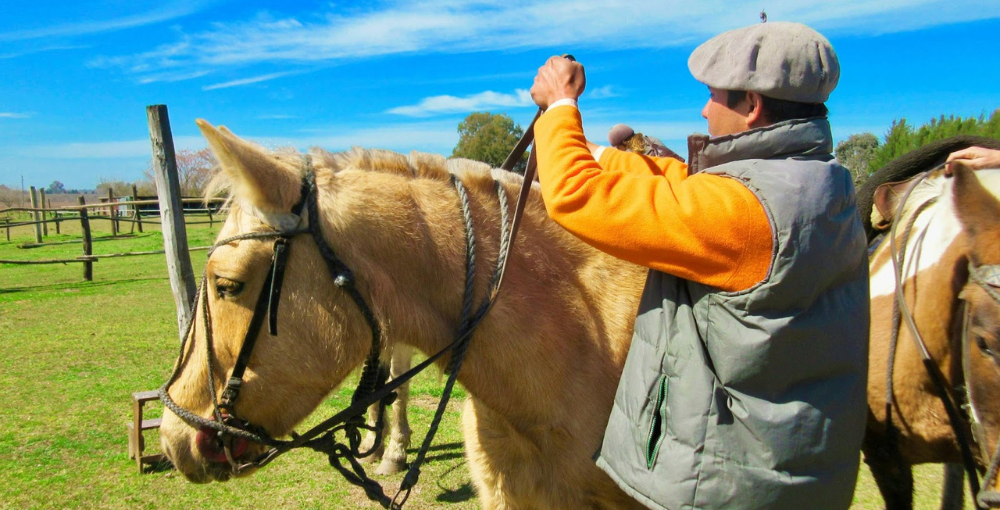
Best Barrel Racing Reins - Top ...

Horse Breeds and Characteristics: How ...
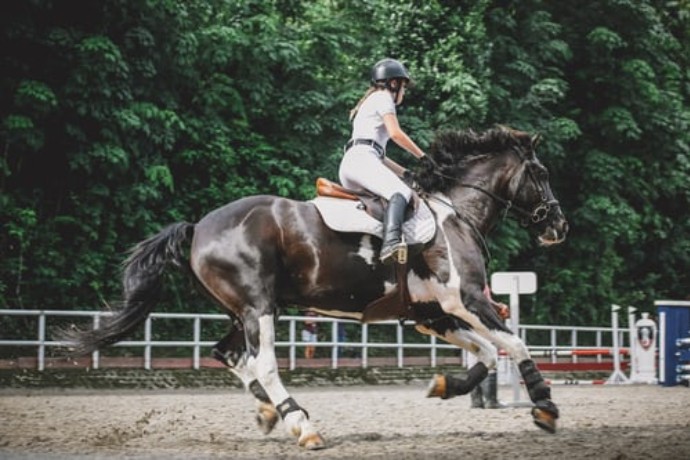
Best Breeches For Curvy Riders...
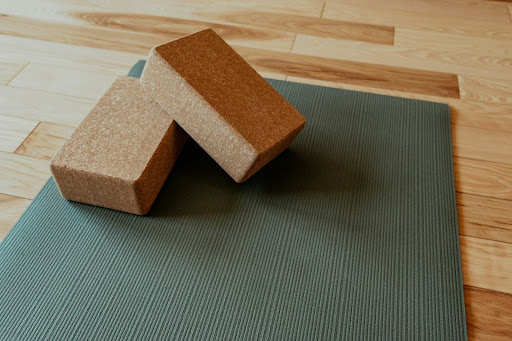
Best Stall Mats For Horses - ...

Best Horse Brushes ( A Thread ...

Best Saddle Rack ( Keep Your ...

Best Bit For Training a ...
.jpg)
10 Morgan Horse Show Held ...

Is Mason Sand Or Concrete ...
.jpg)
Best Girth For Your Horse ...
.jpg)
Ranch Cutter vs Cowhorse Saddle? ...
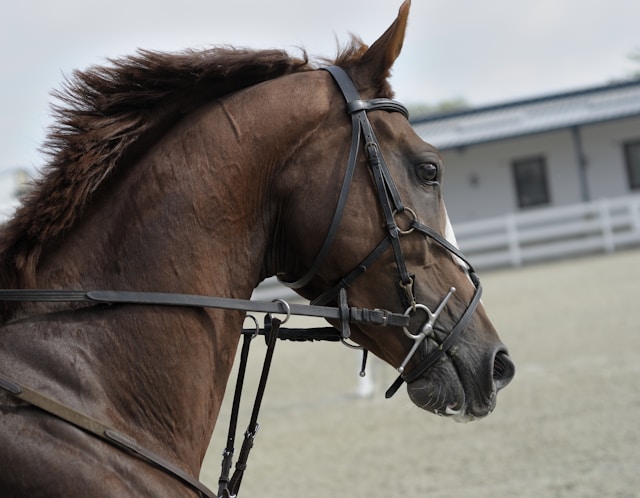
Types of Horse Bit and ...
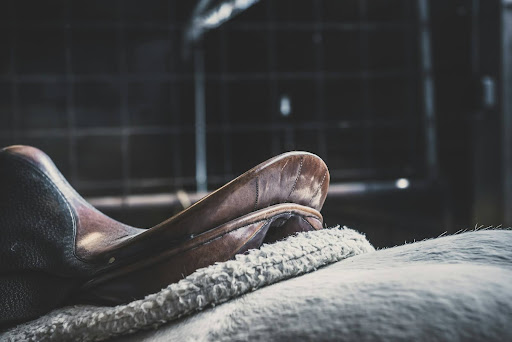
Is Hilason a Good Saddle ...
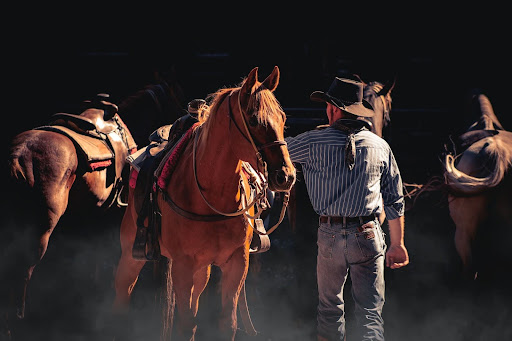
How to choose a bit ...
.jpg)
Best Salt Blocks For Horses...
.jpg)
Types of Horse Brushes (Equine ...
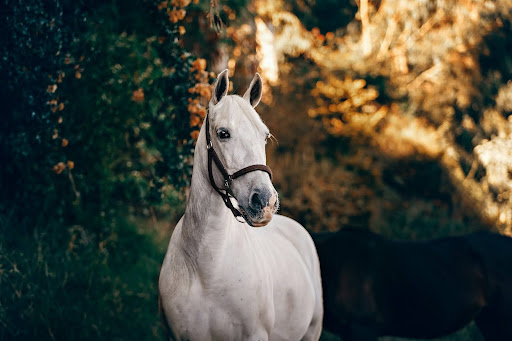
How To Get a Horse ...
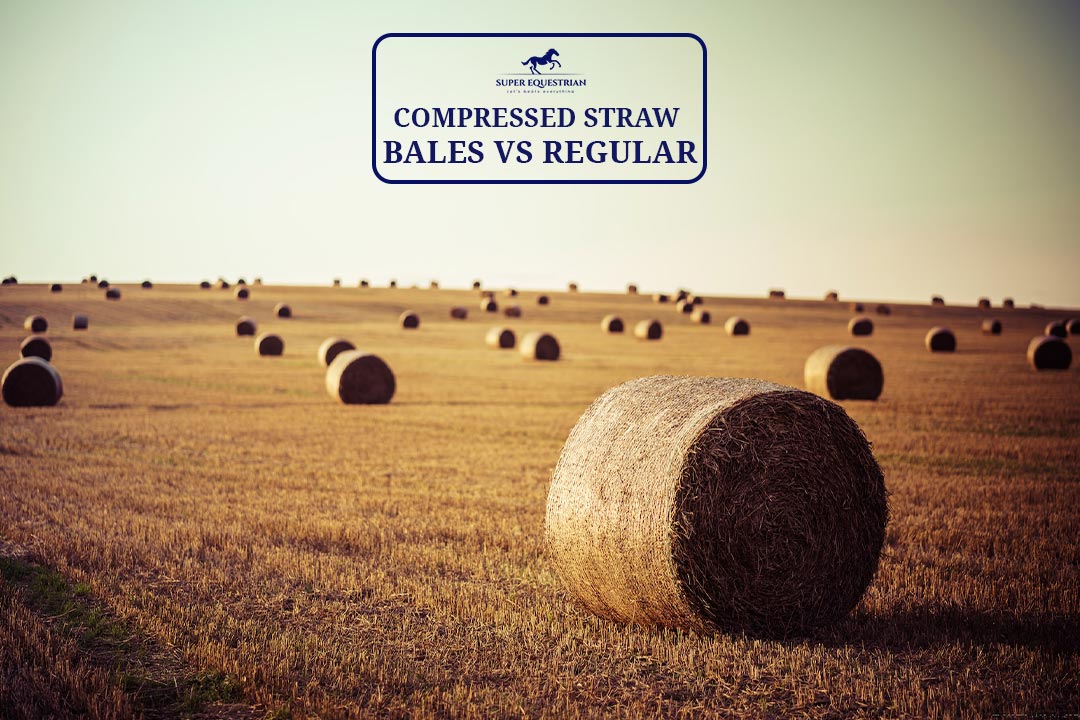
Compressed Straw Bales Vs Regular? ...
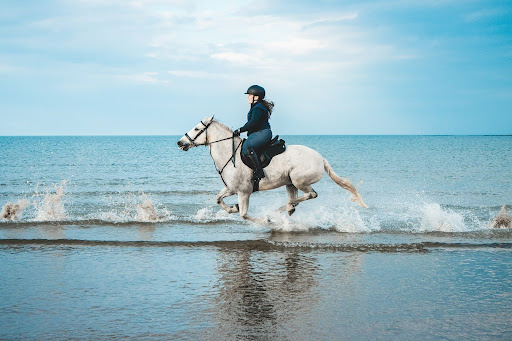
Horse Riding Lessons For Intermediate ...
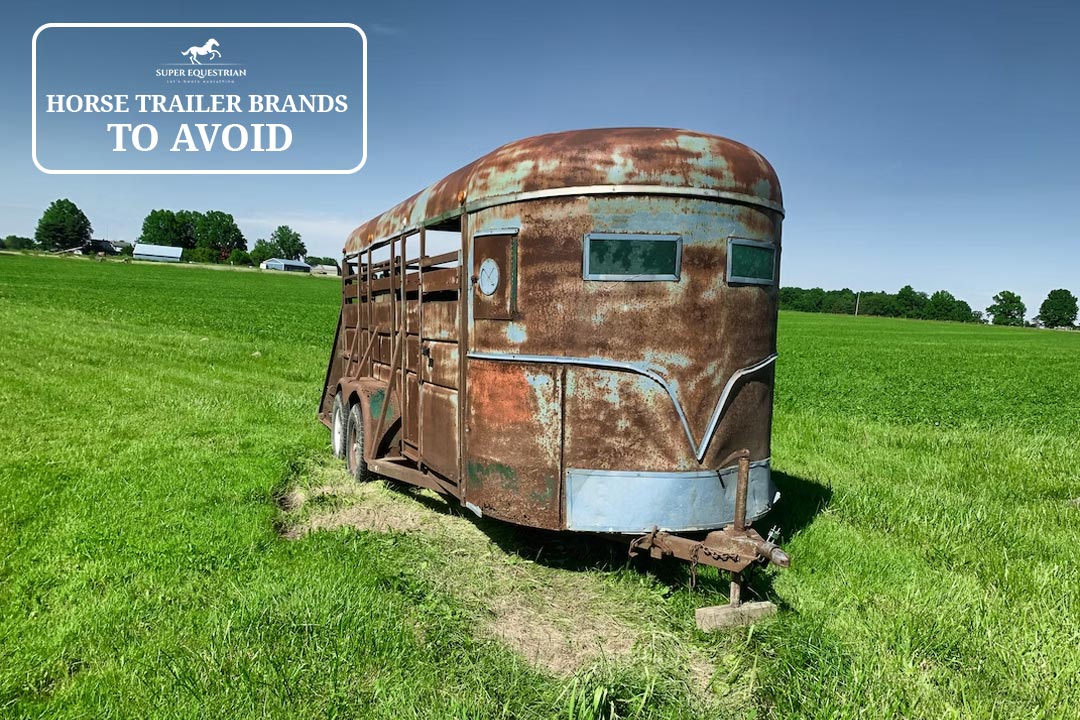
Horse Trailer Brands To Avoid...

Strawberry Roan vs Red Roan? ...
.jpg)
Gelding vs Stallion...
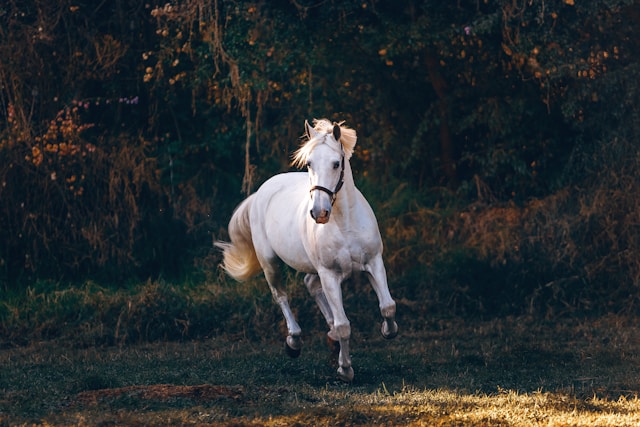
Why Does a Horse Whinny? ...
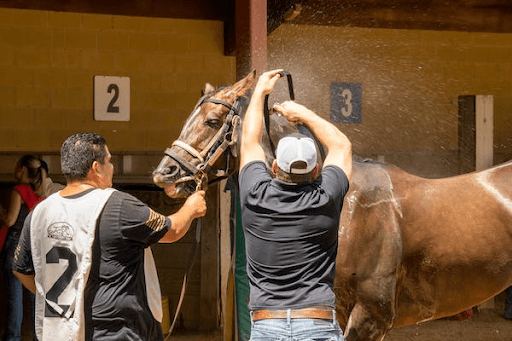
How to Clean a Rusty ...
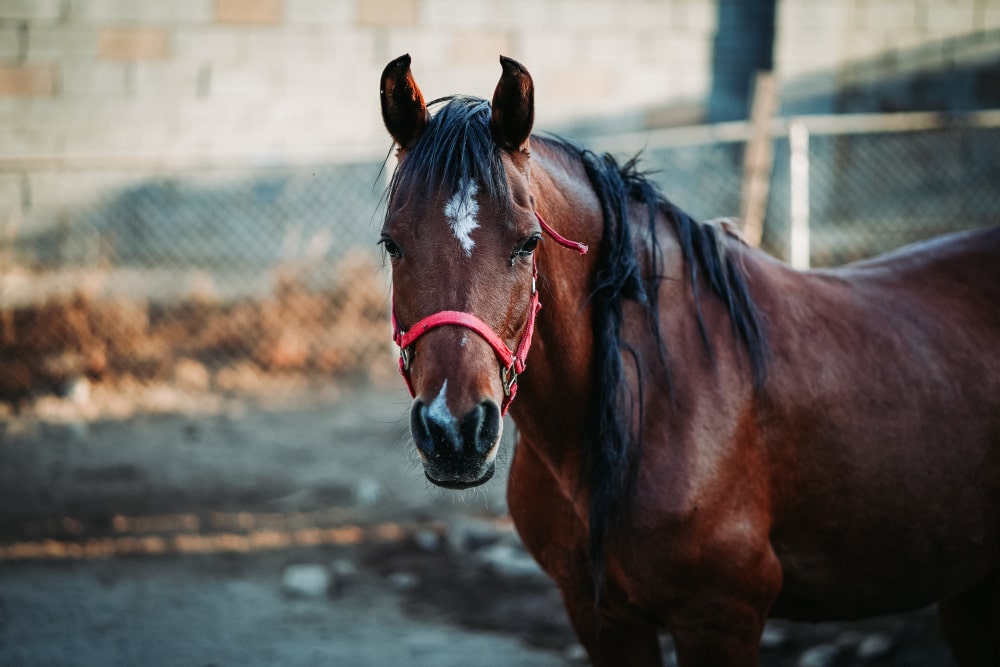
Why Do Horses Foam at ...
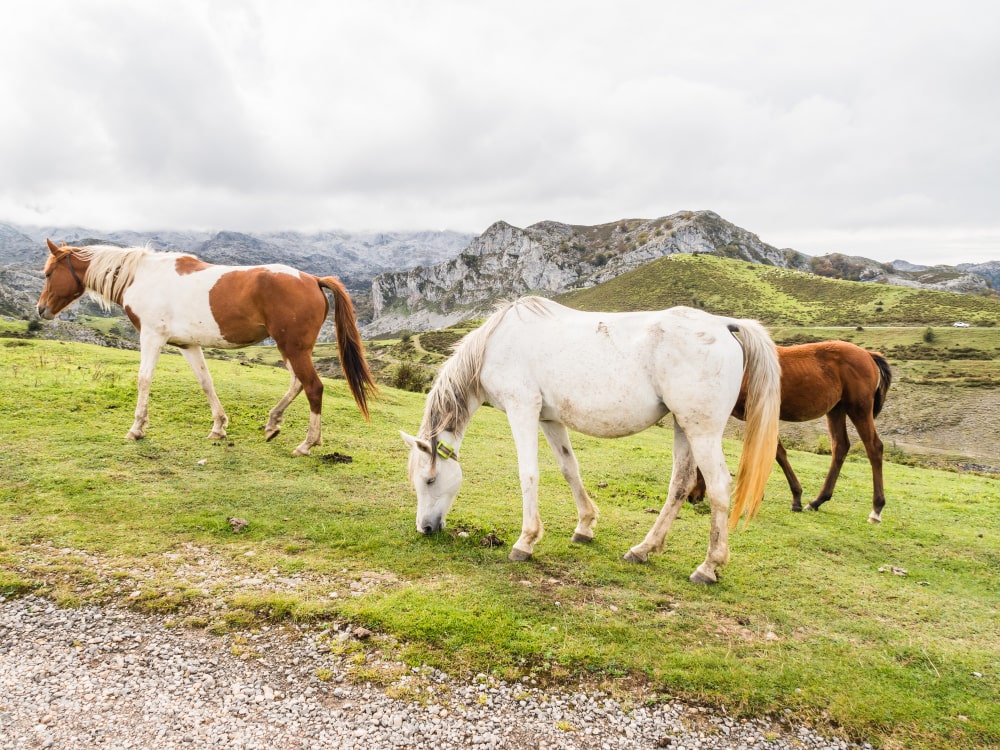
Why Do Horses Bob Their ...

Nutrition Unveiled: Triple Crown Senior ...
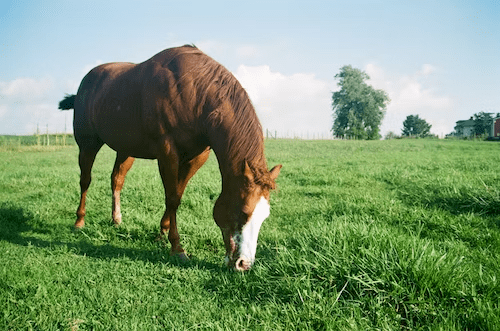
Pasture Pro Vs. Grazon: Horse-...
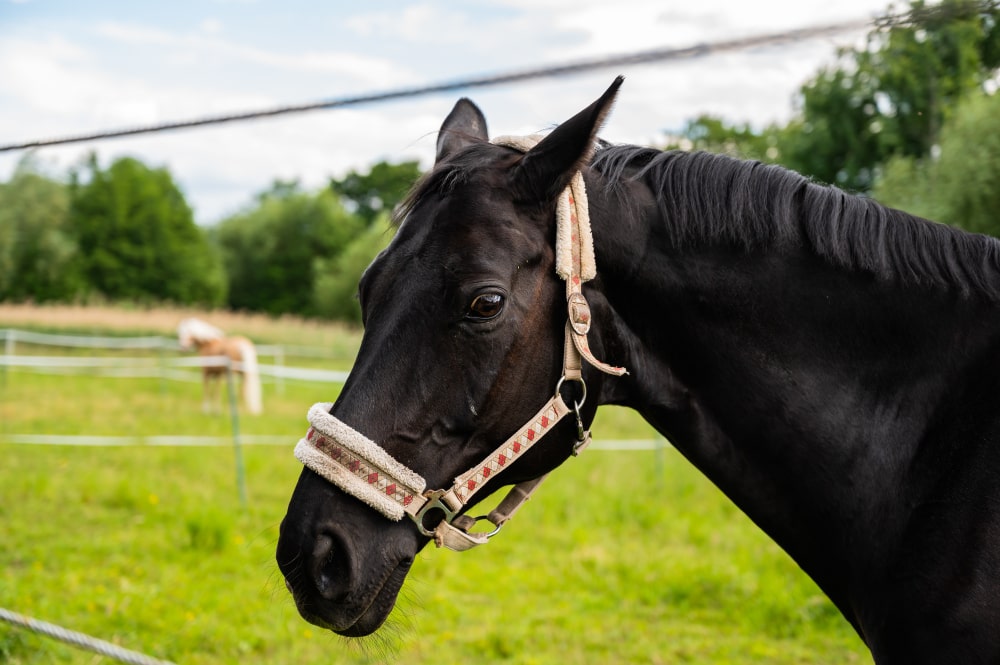
Dutch Gag Vs. Pelham: Bits ...
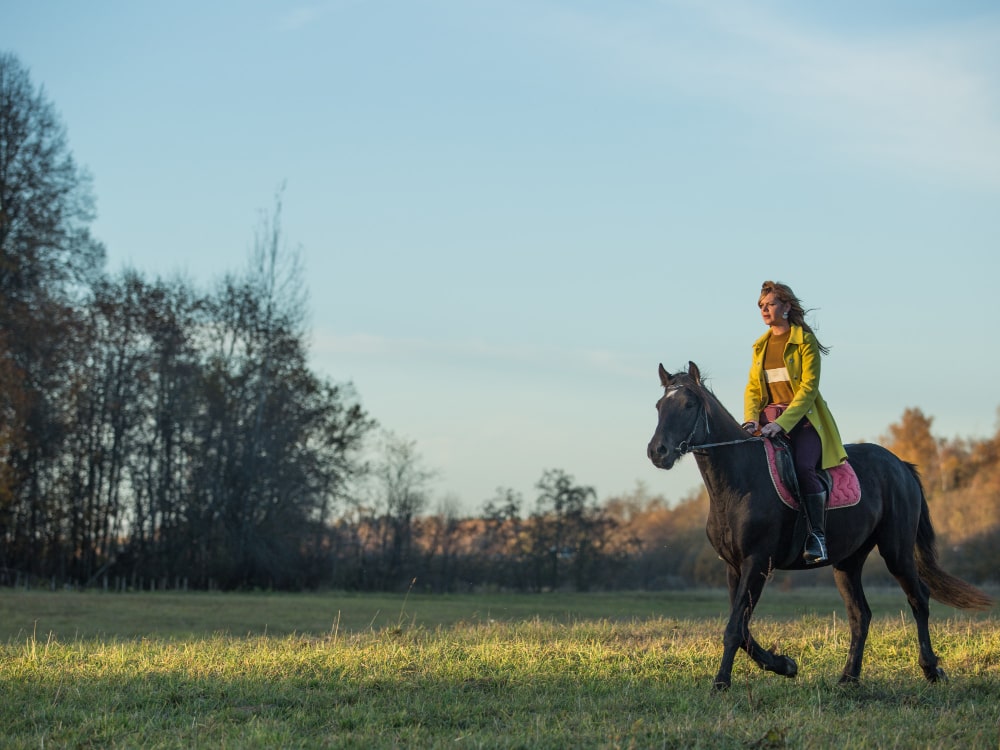
Walking Horse vs Racking Horse: ...
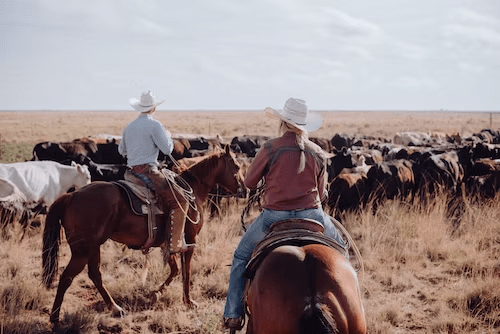
Wade vs Association Saddle: Your ...
.jpg)
Step Up vs Ramp Horse ...

Bosal vs Hackamore: A Head-...
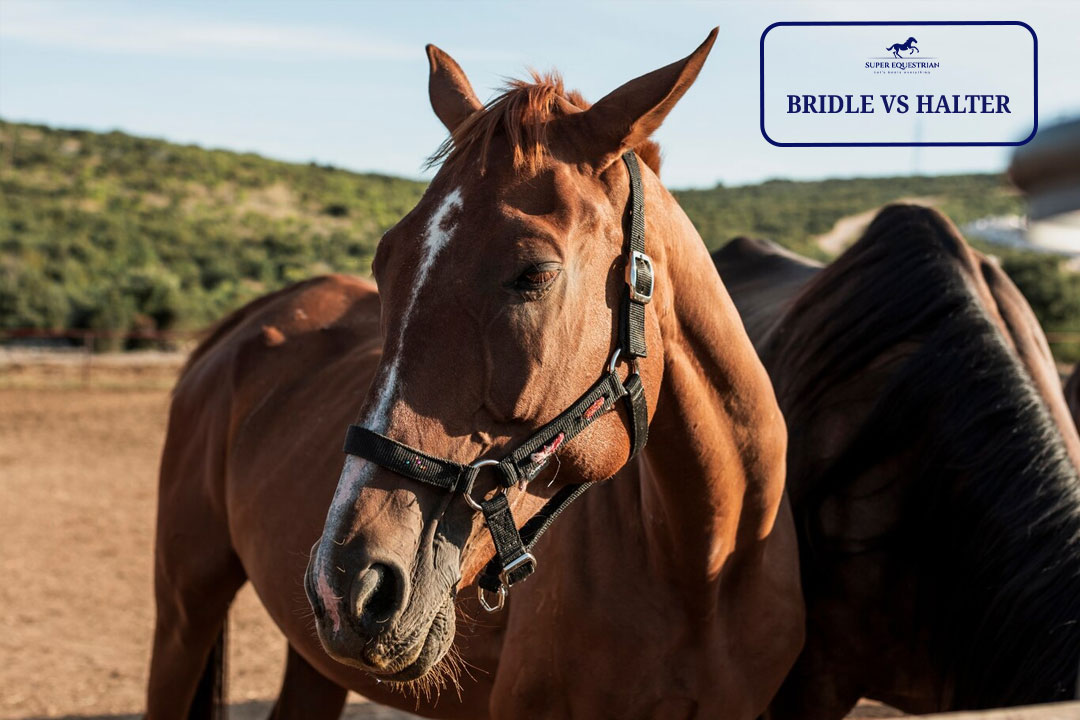
Bridle Vs Halter: Which One ...

Paddock Boots Vs Riding Boots: ...

Shadow Horse Trailer Problems: Causes, ...
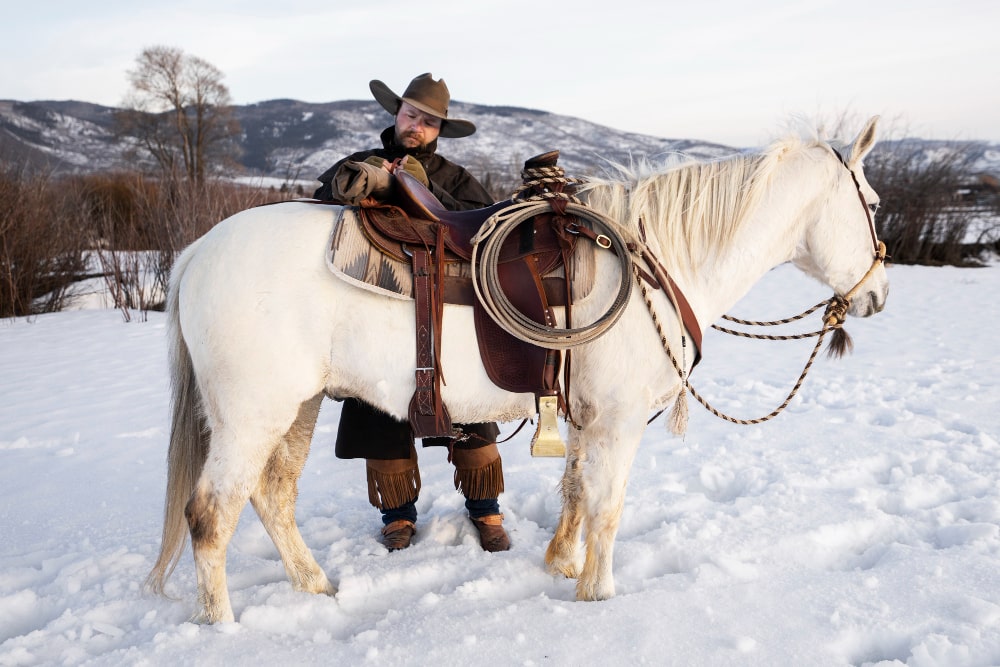
Are Billy Cook Saddles Good - ...

Let's Start at the ...
Benefits of Beet Pulp for ...
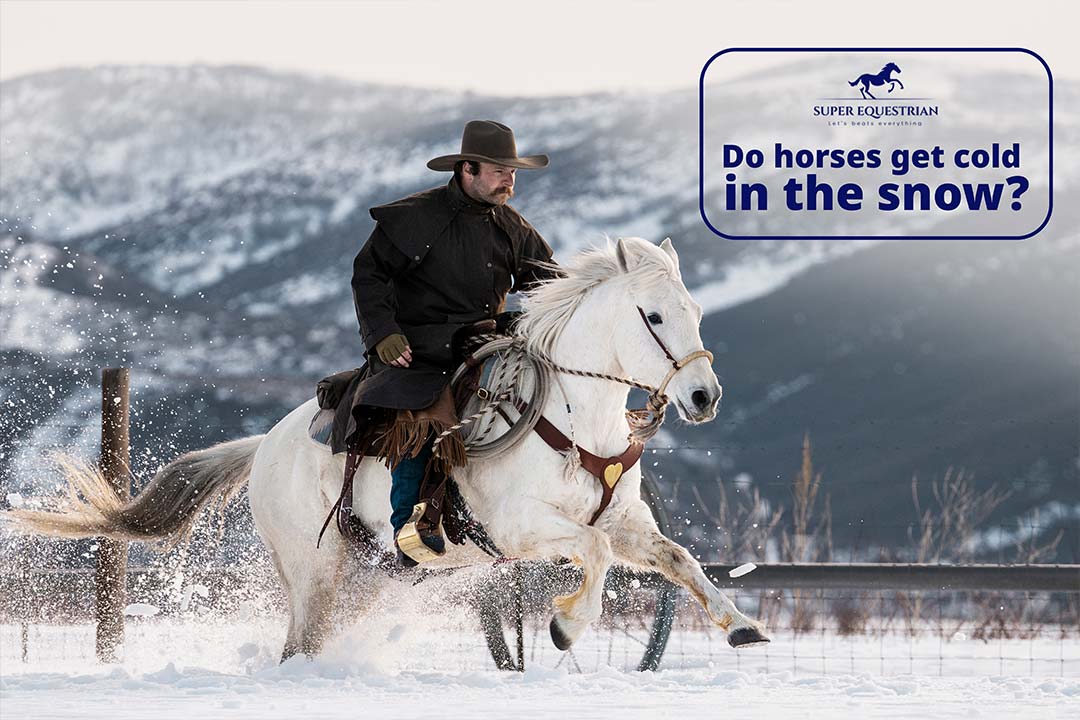
Do horses get cold in ...
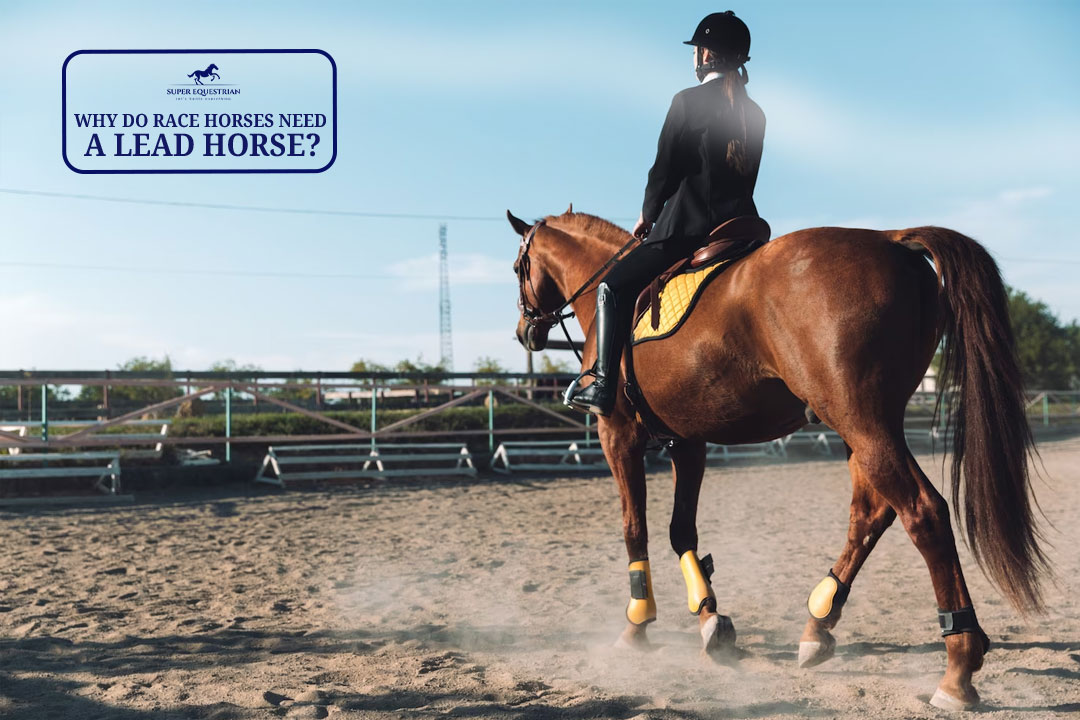
Why Do Race Horses Need ...
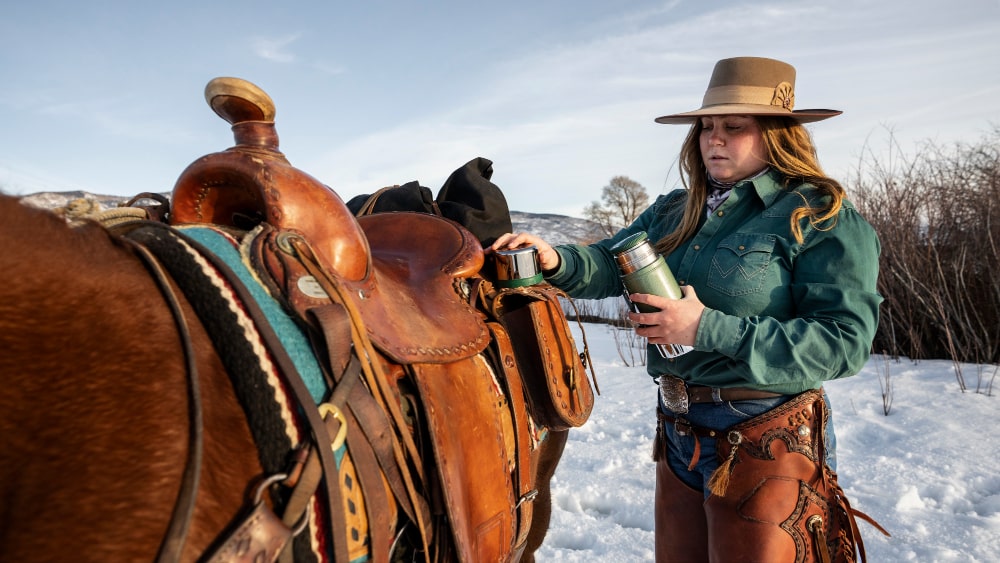
Ranch Saddle vs. Roping Saddle: ...

Round Pen vs Square Pen ...

Must Have Horse Trailer Accessories: ...
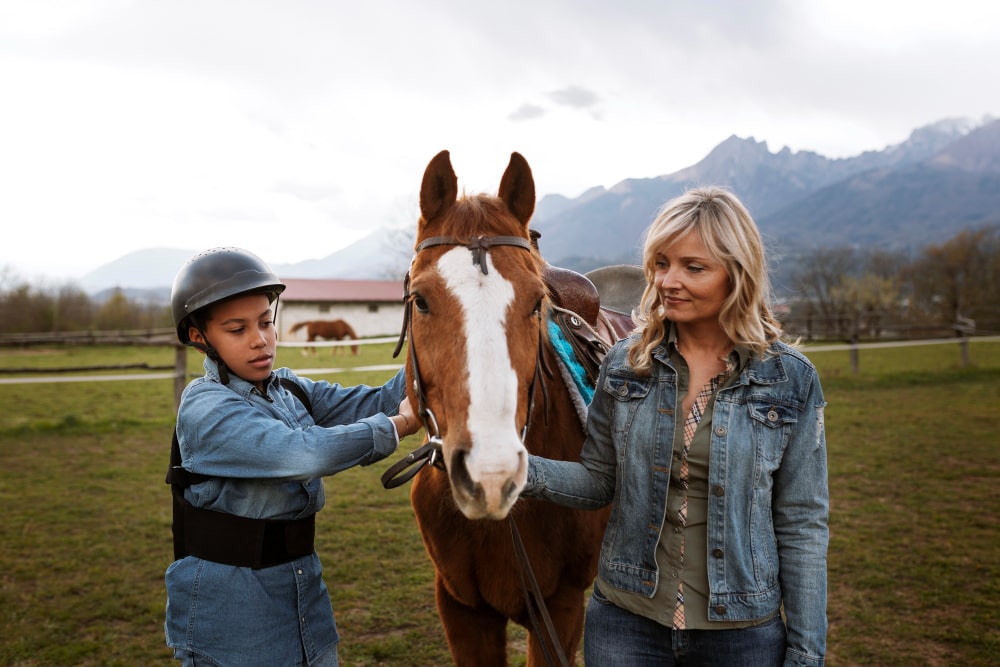
Is MIPS Worth for Equestrian?...
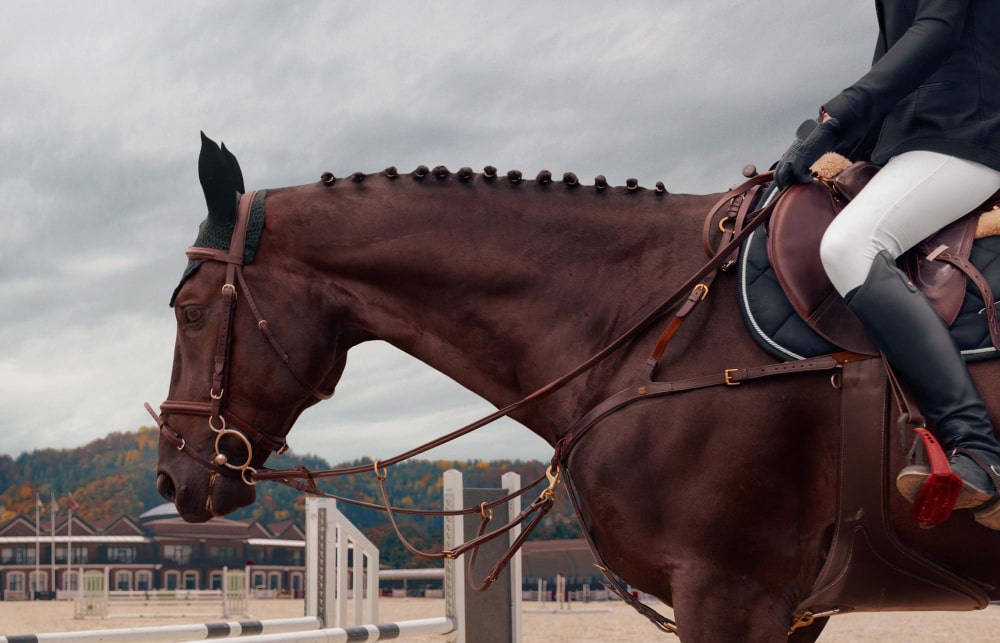
Natural Horsemanship vs Positive Reinforcement: ...

How to Mount a Horse ...
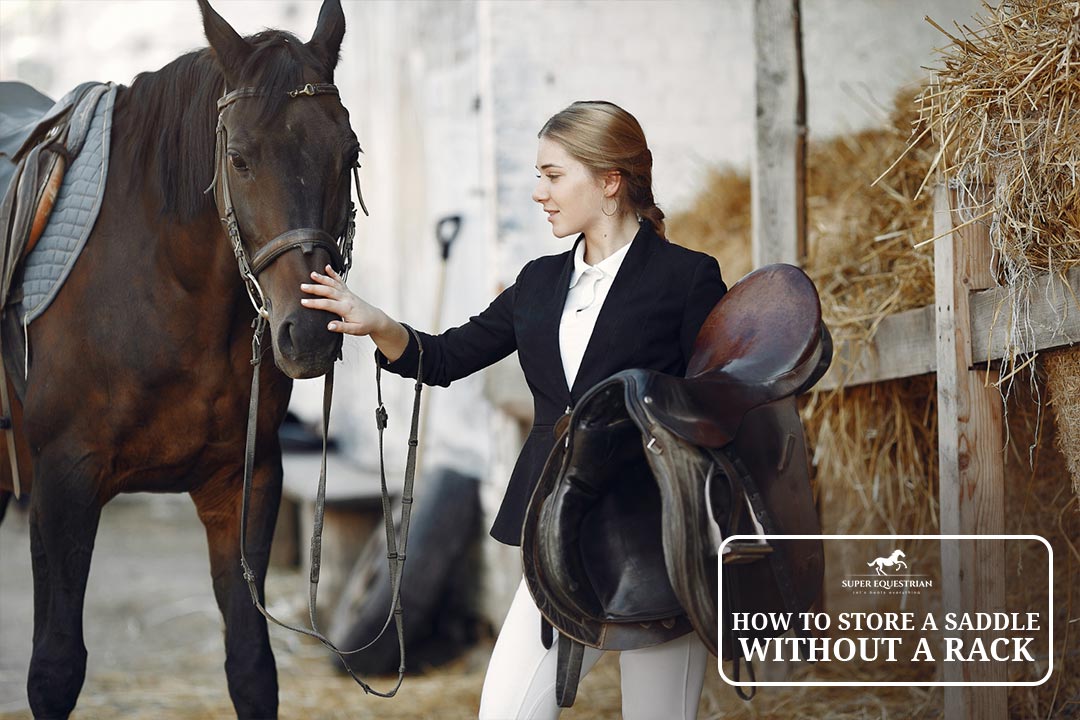
How to Store a Saddle ...
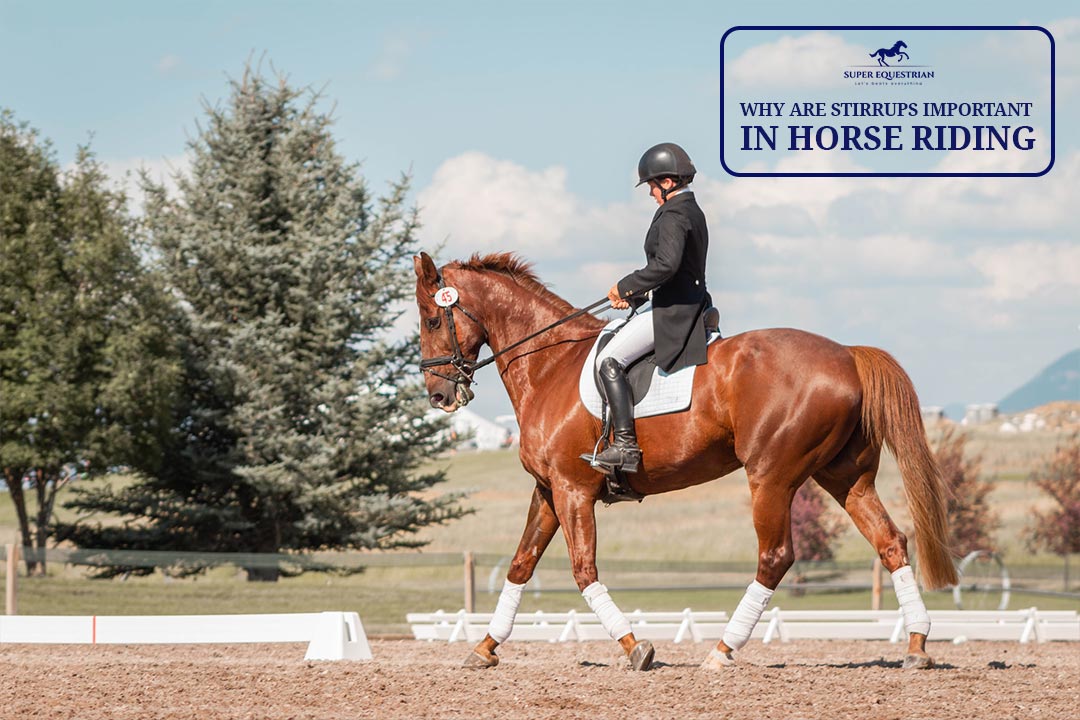
Why are Stirrups Important in ...
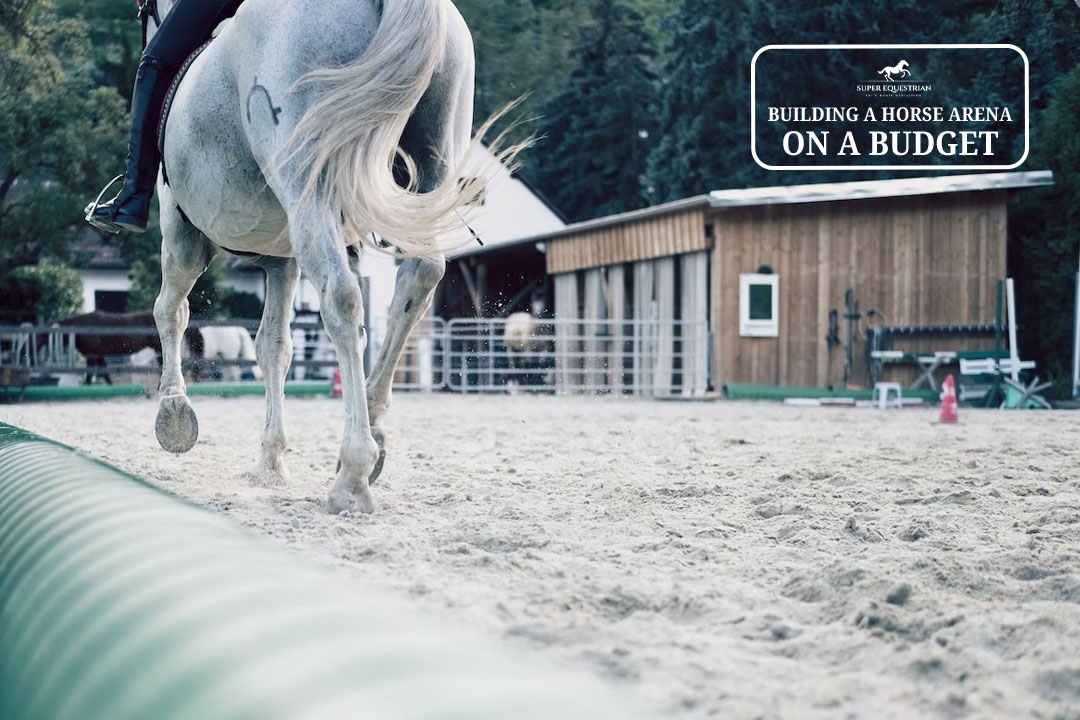
Building a Horse Arena on ...

How to Make Horse Treats ...

Order of Grooming a Horse...

Horse Riding Lessons Plan: The ...

Horse Trailer Roof Replacement and ...
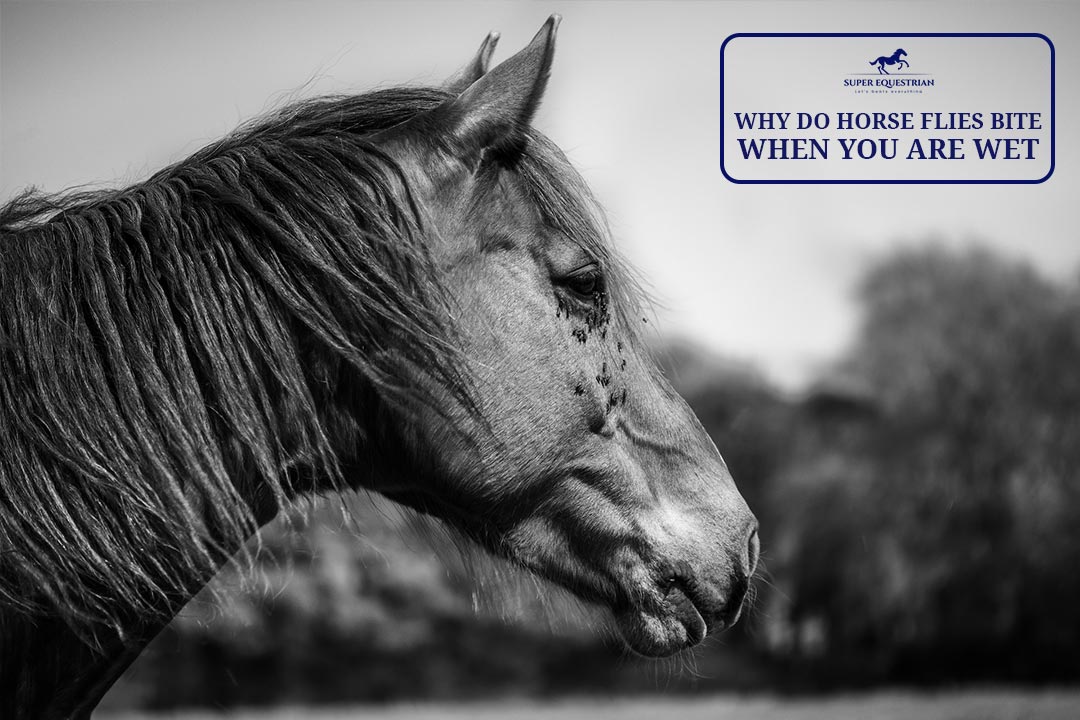
Why Do Horse Flies Bite ...
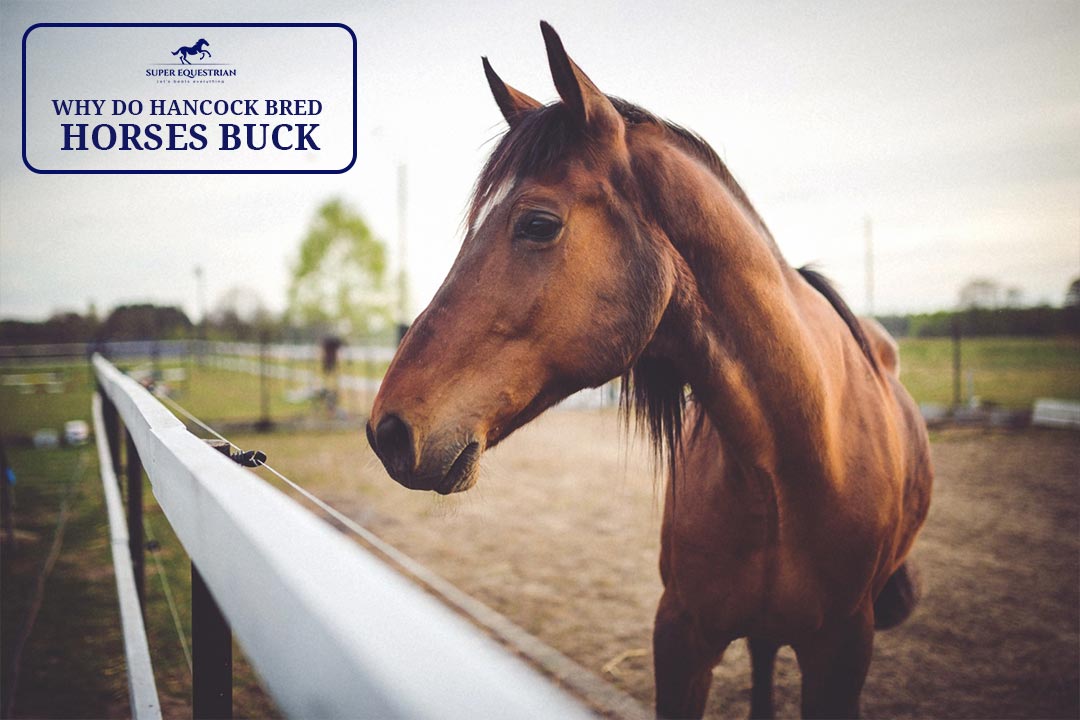
Why Do Hancock Bred Horses ...

Quarter Horse Bloodlines to Avoid...
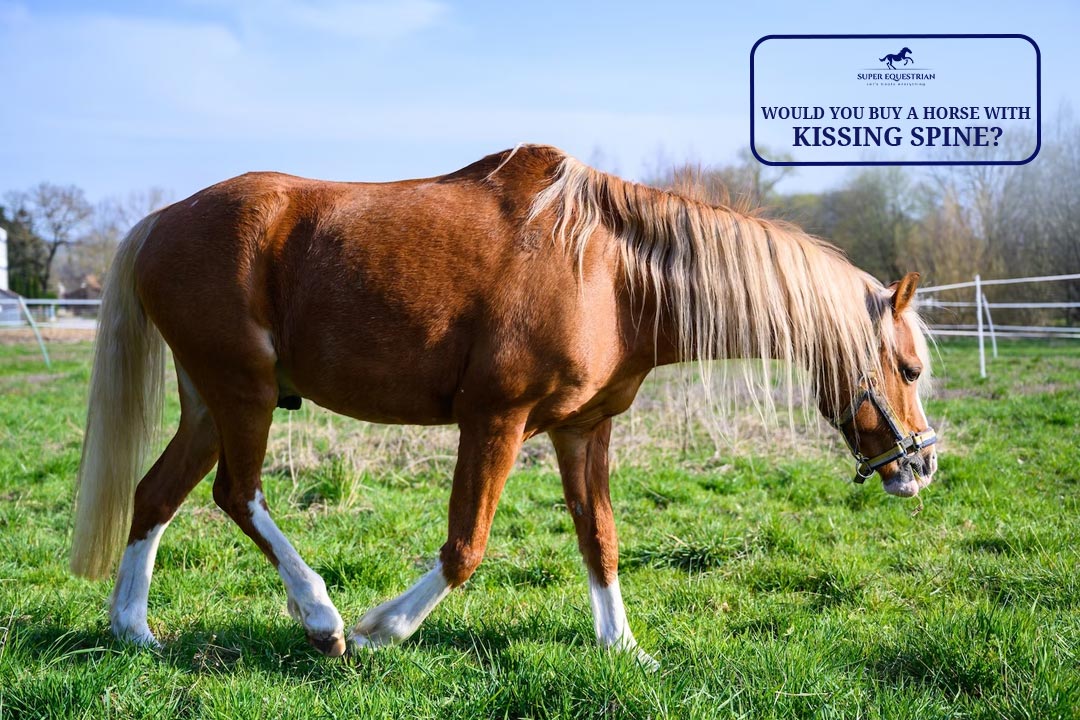
Would You Buy a Horse ...
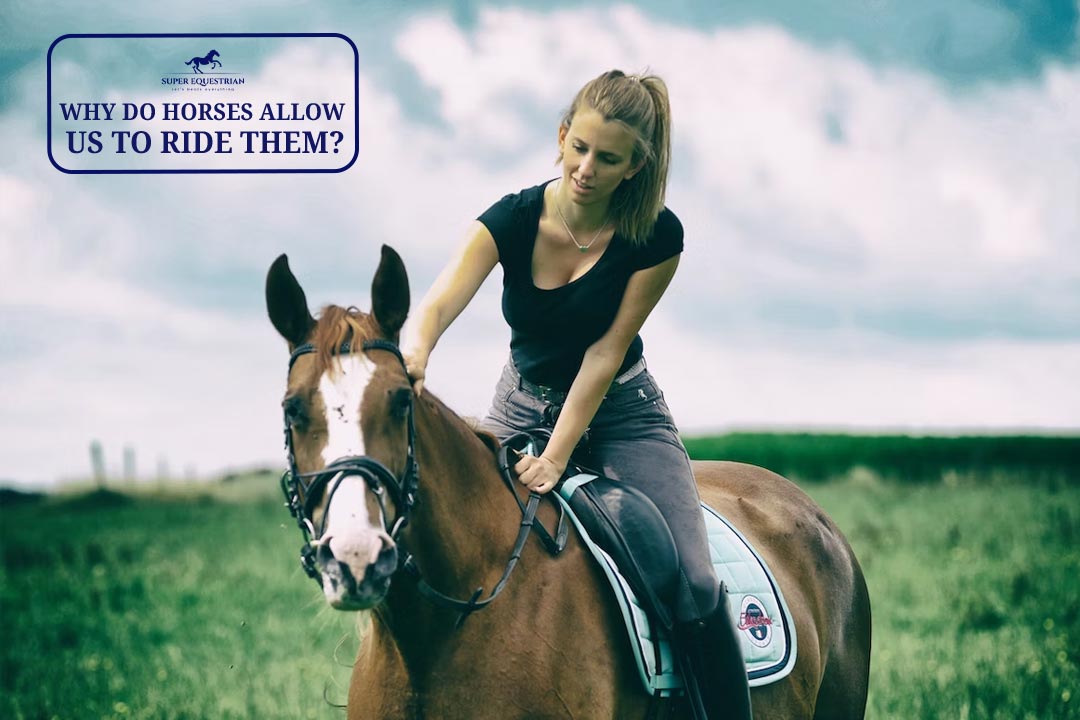
Why Do Horses Allow Us ...
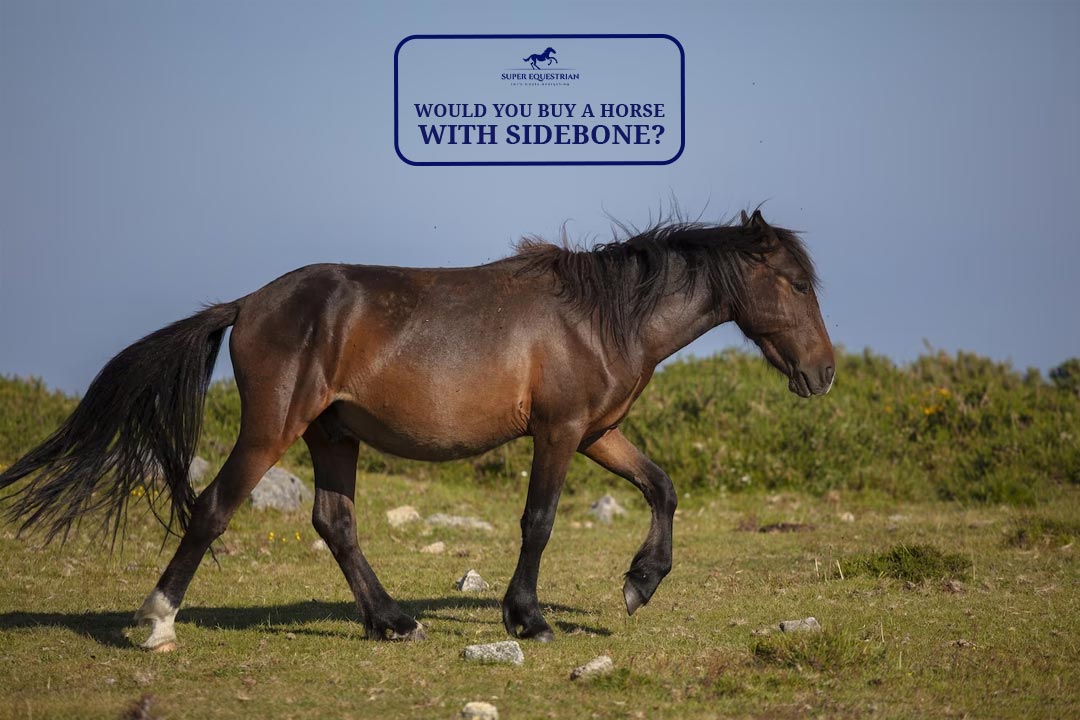
Would you buy a horse ...

Why Are Klapper Bits So ...
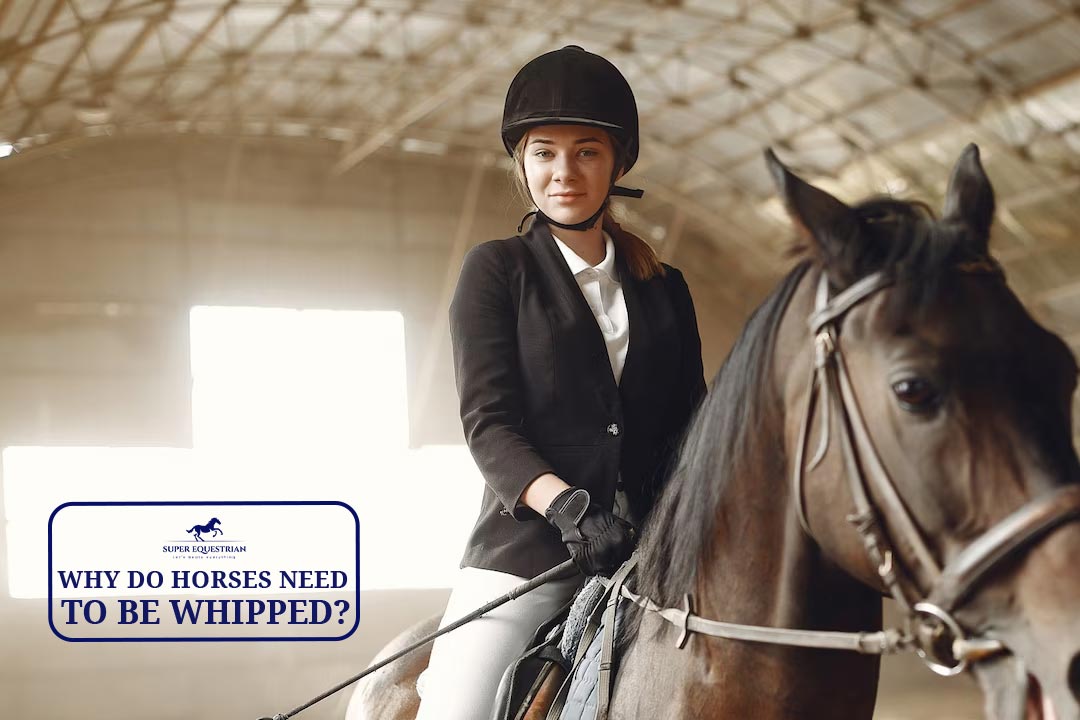
Why do horses need to ...

Why do you mount a ...
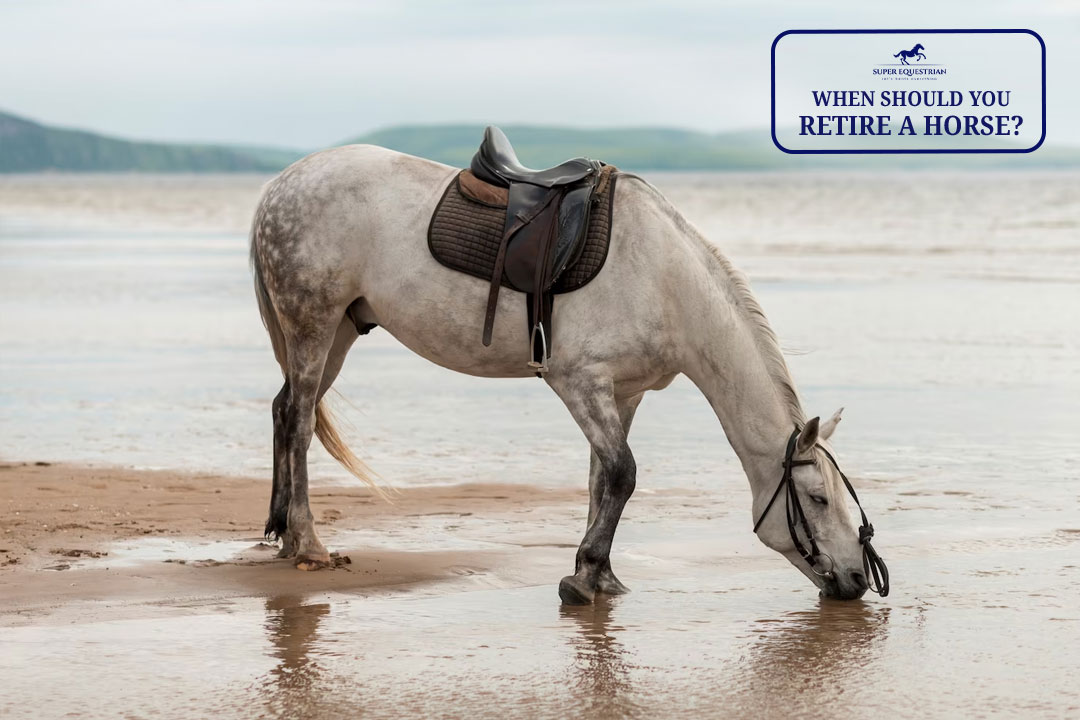
When Should You Retire A ...
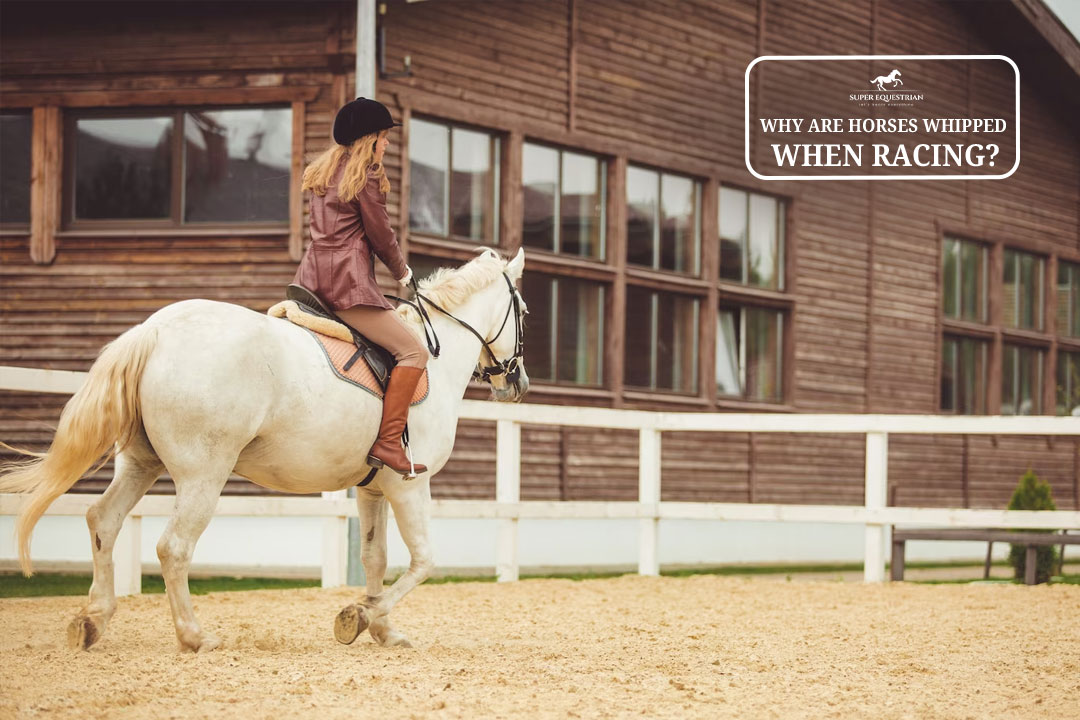
Why Are Horses Whipped When ...
.jpg)
Why Do Horses Have A ...
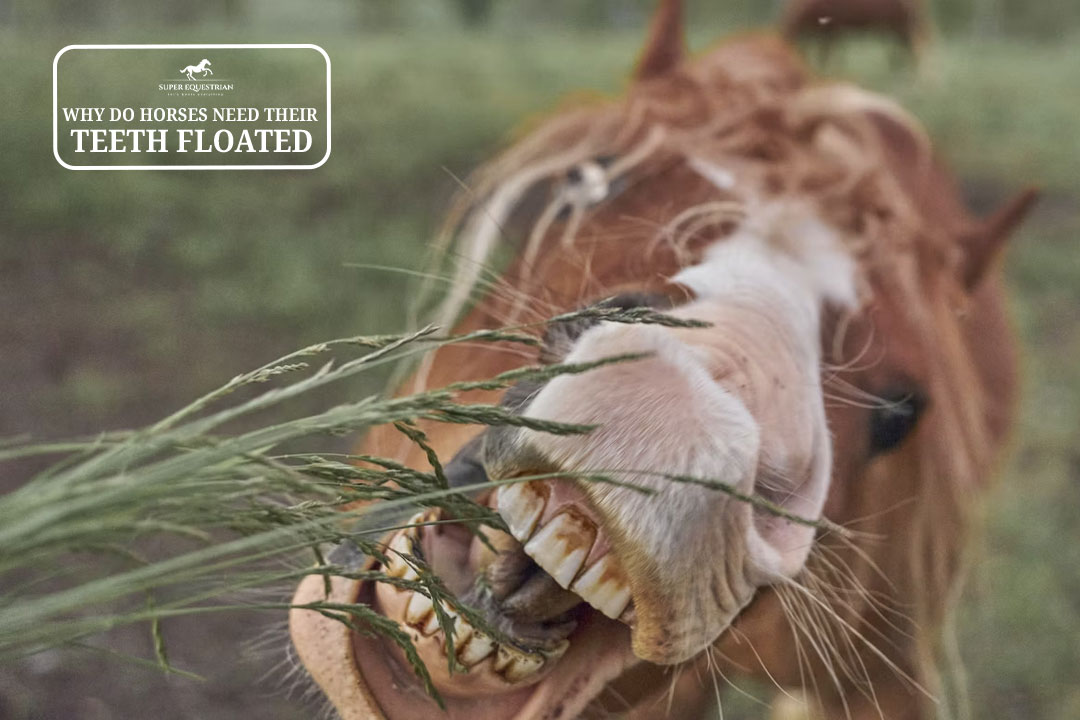
Why Do Horses Need Their ...

What To Do If Horse ...

What To Do If A ...
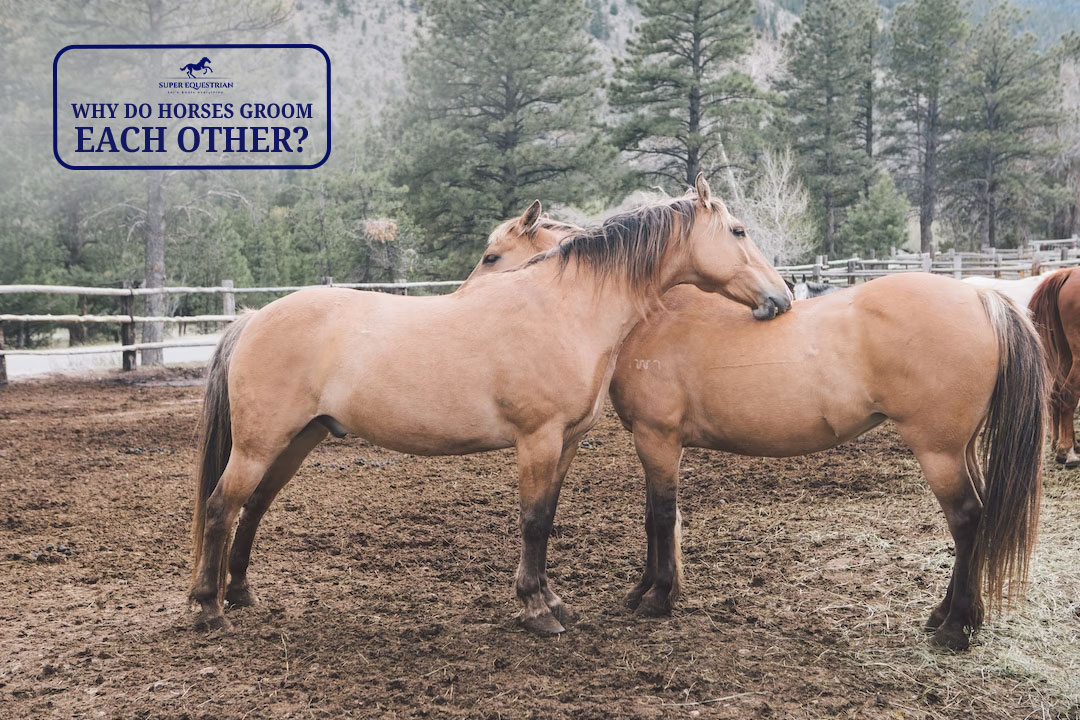
Why do horses groom each ...
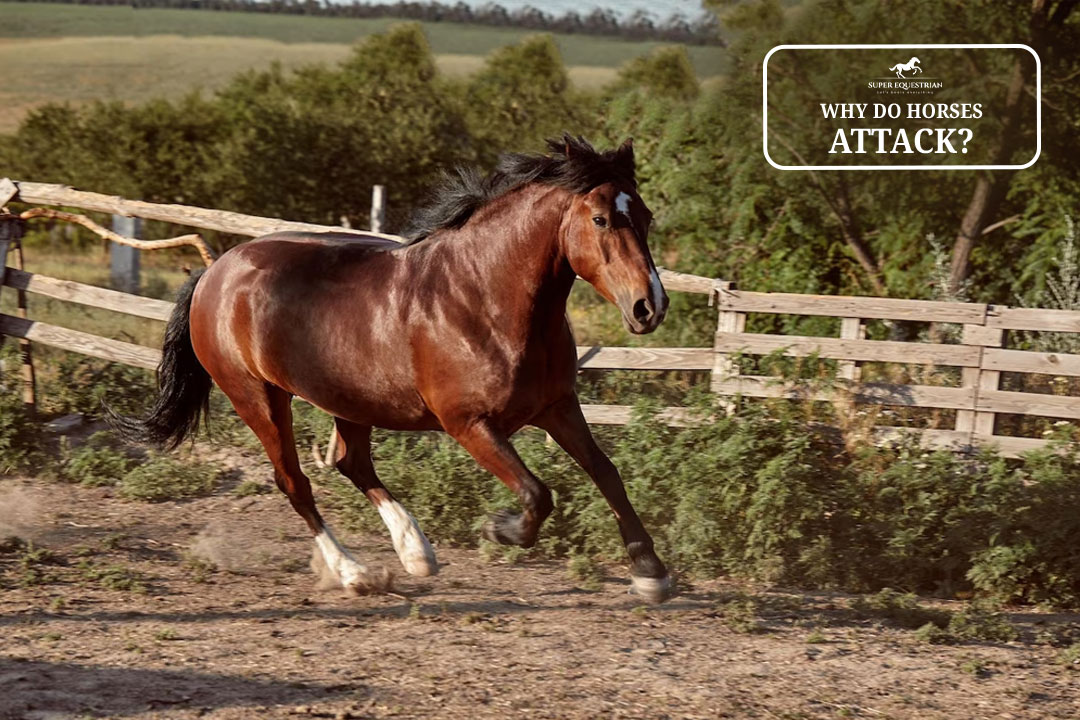
Why do horses attack...

Should I Use a Martingale ...

How to fit bell boots ...
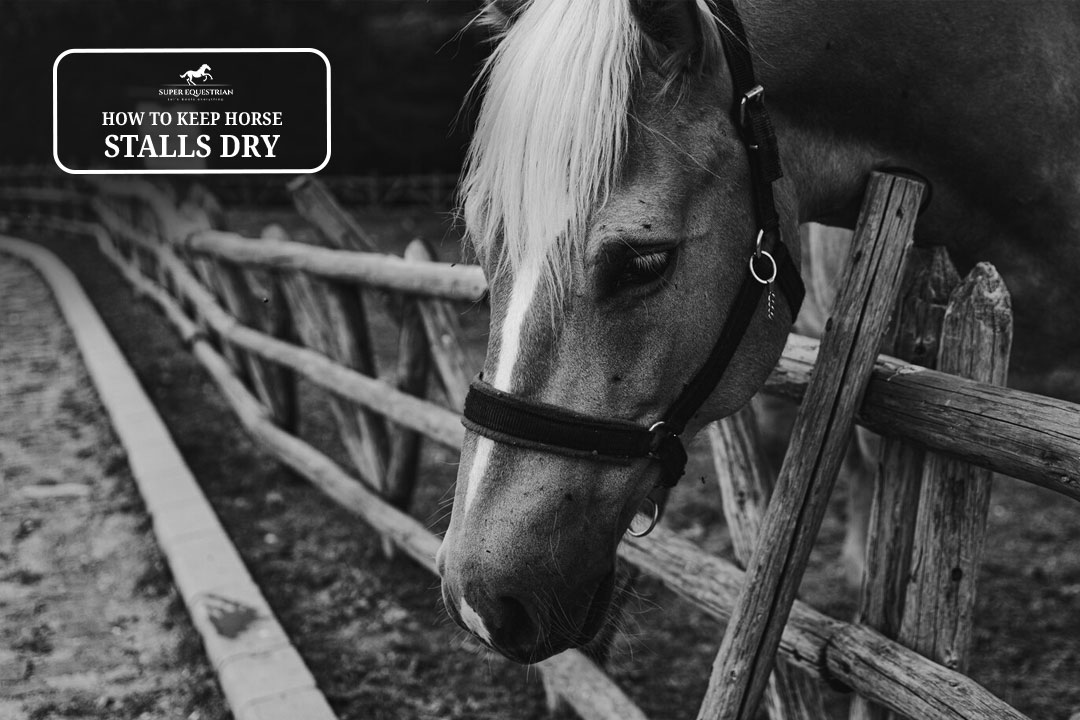
How To Keep Horse Stalls ...
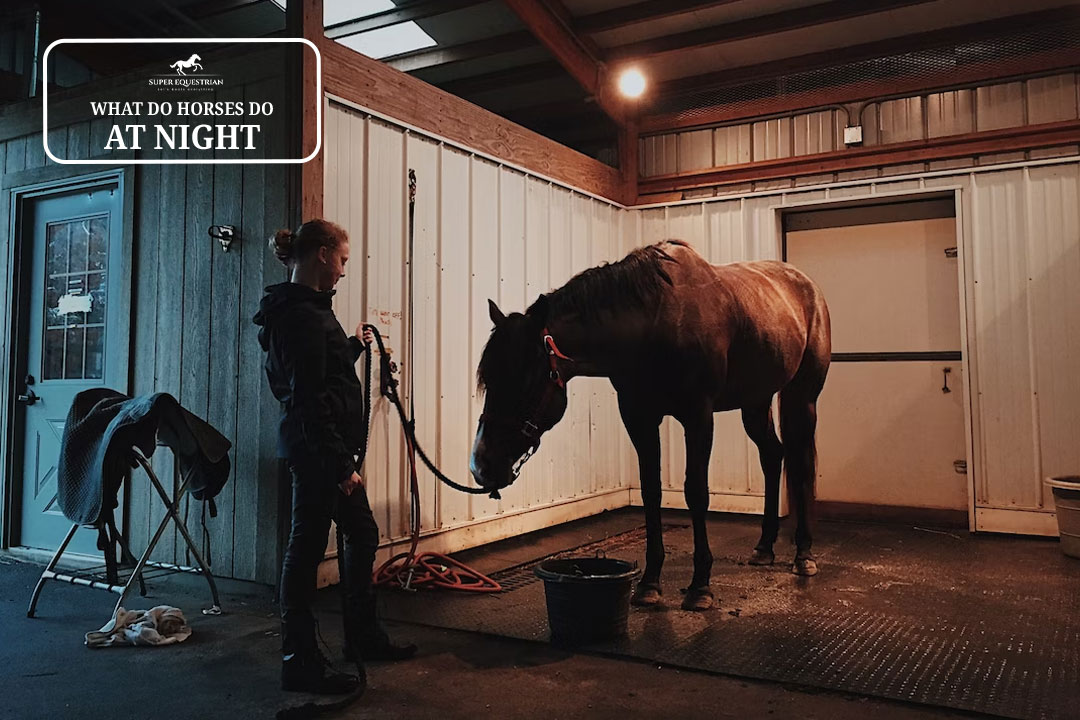
What Do Horses Do At ...
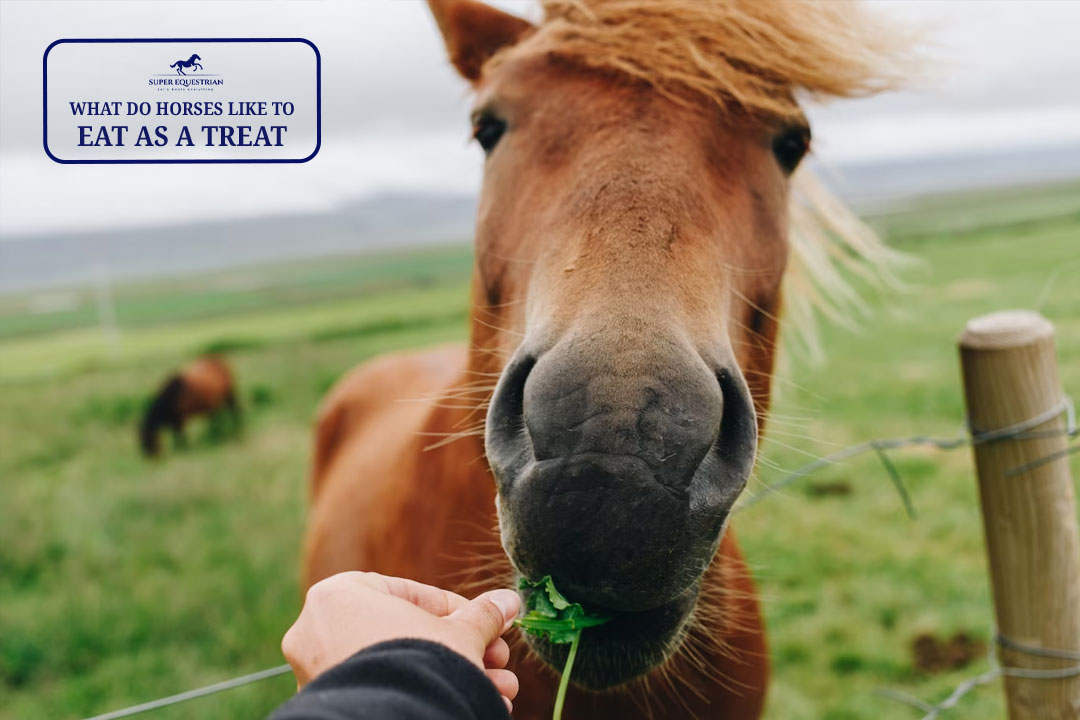
What do horses like to ...

Why do wild horses get ...
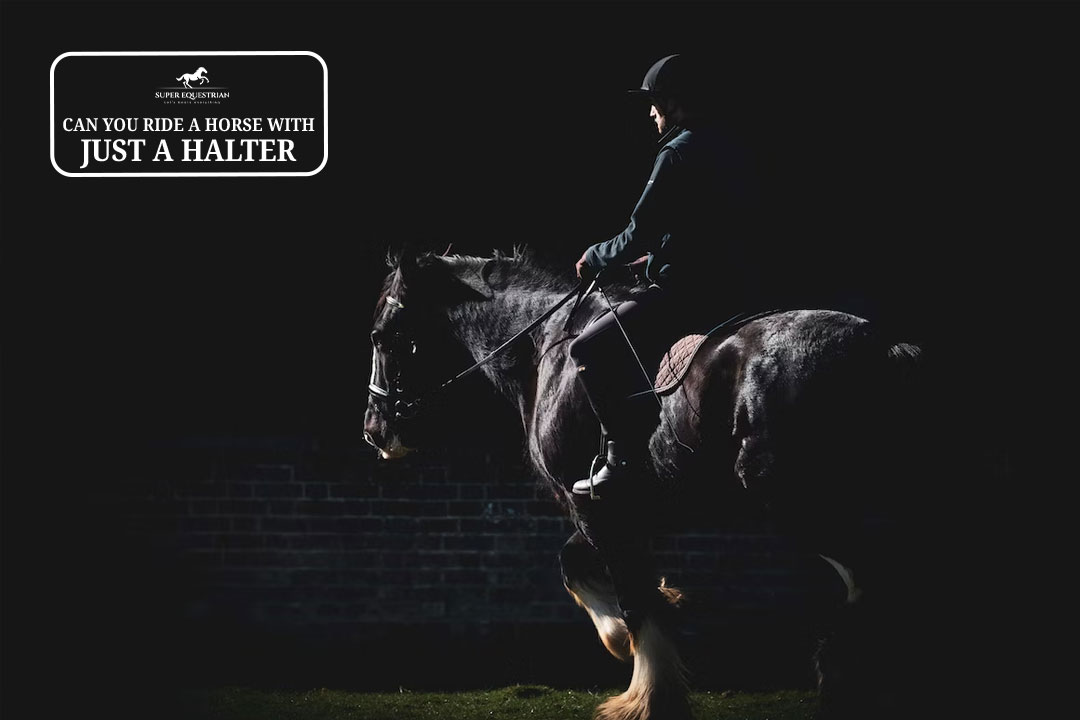
Can you ride a horse ...
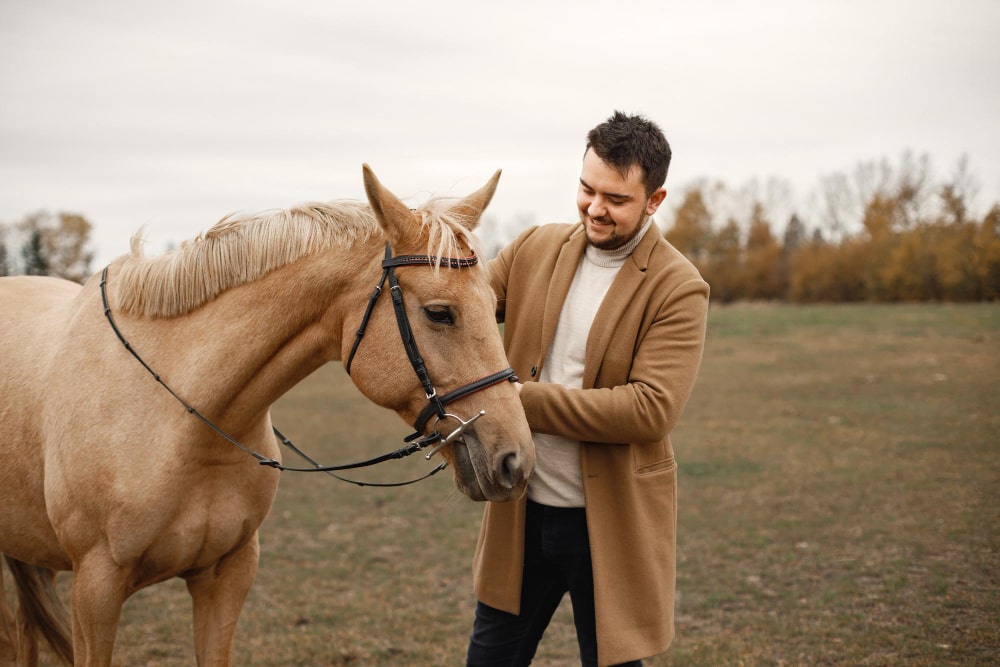
Are horses protective of their ...
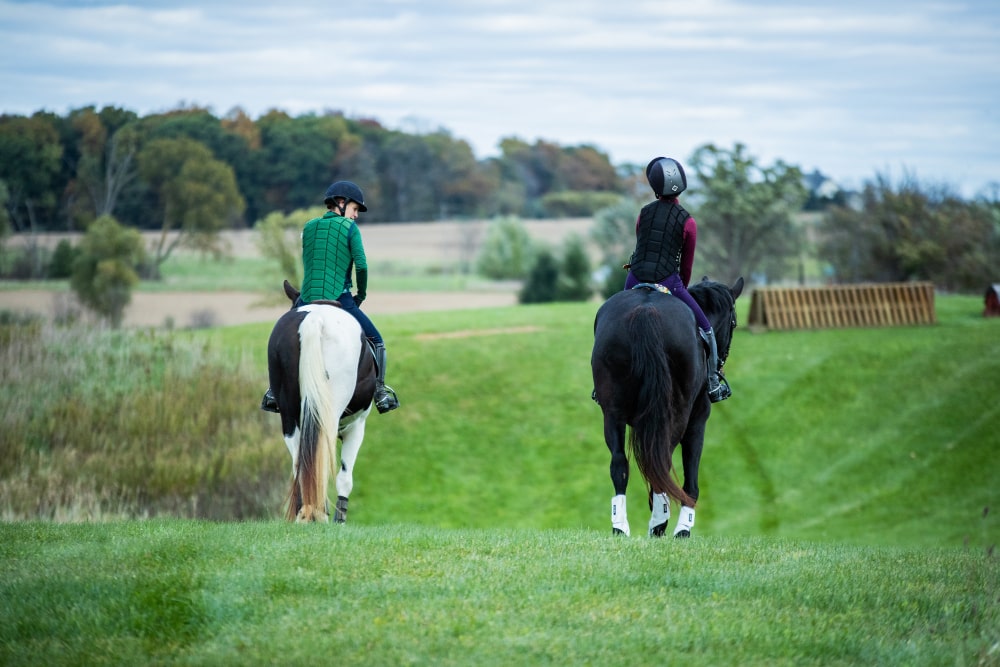
Why racking horses are popular ...
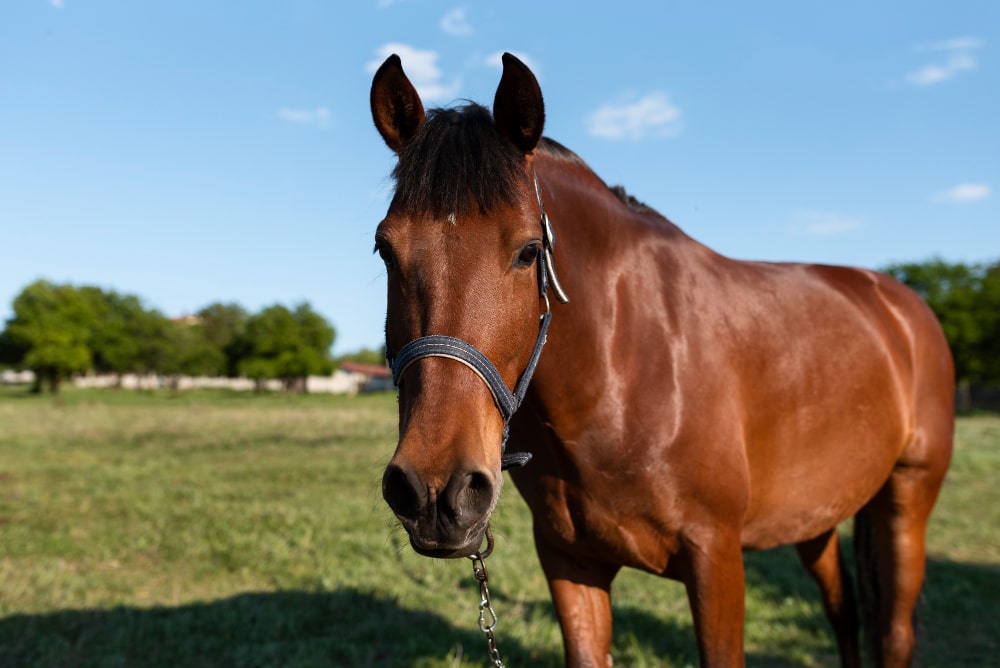
How To Keep Horses Off ...
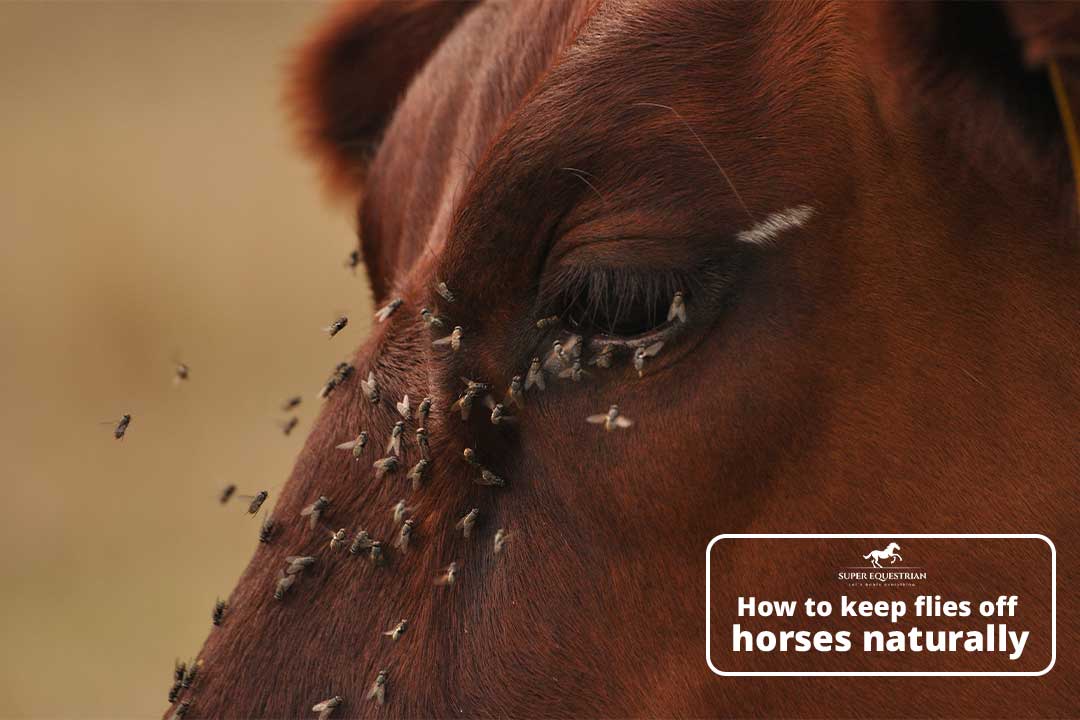
How to Keep Flies Off ...
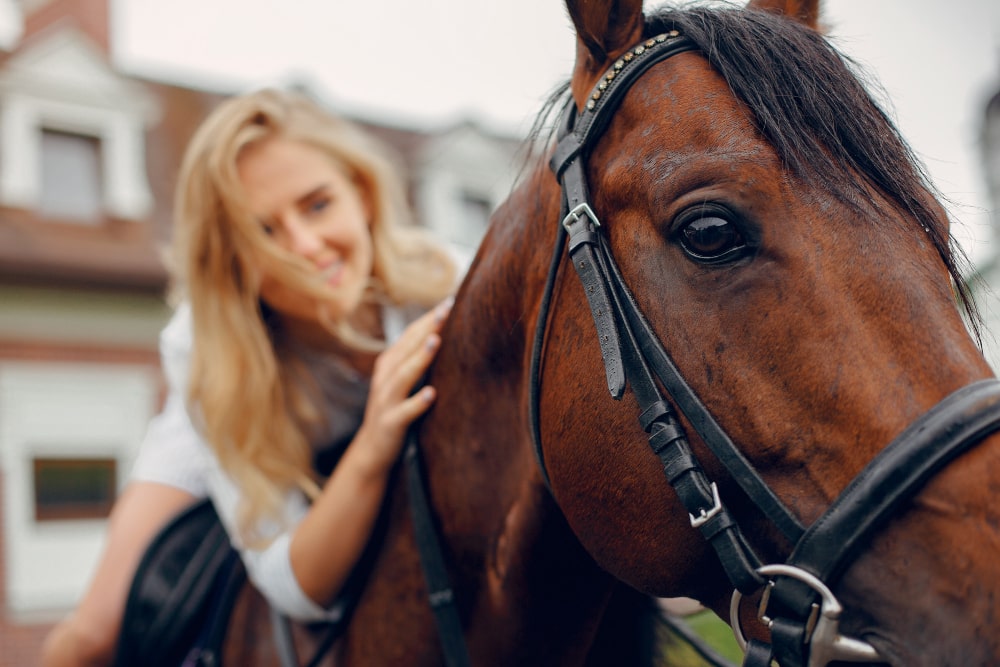
Pros and Cons Using A ...
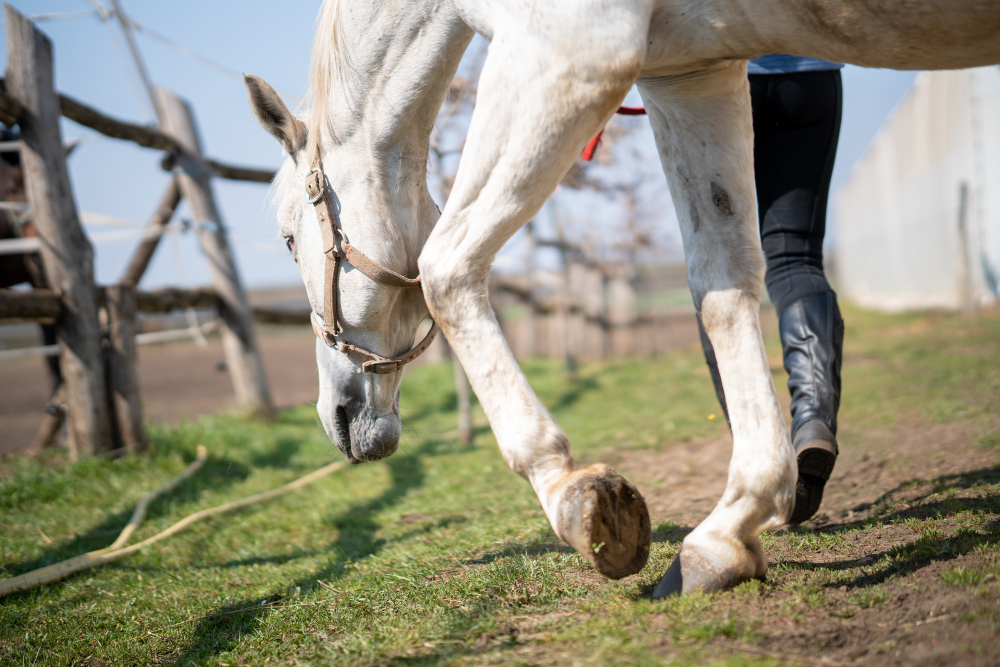
Can you ride a horse ...

Why are Corriente saddles so ...
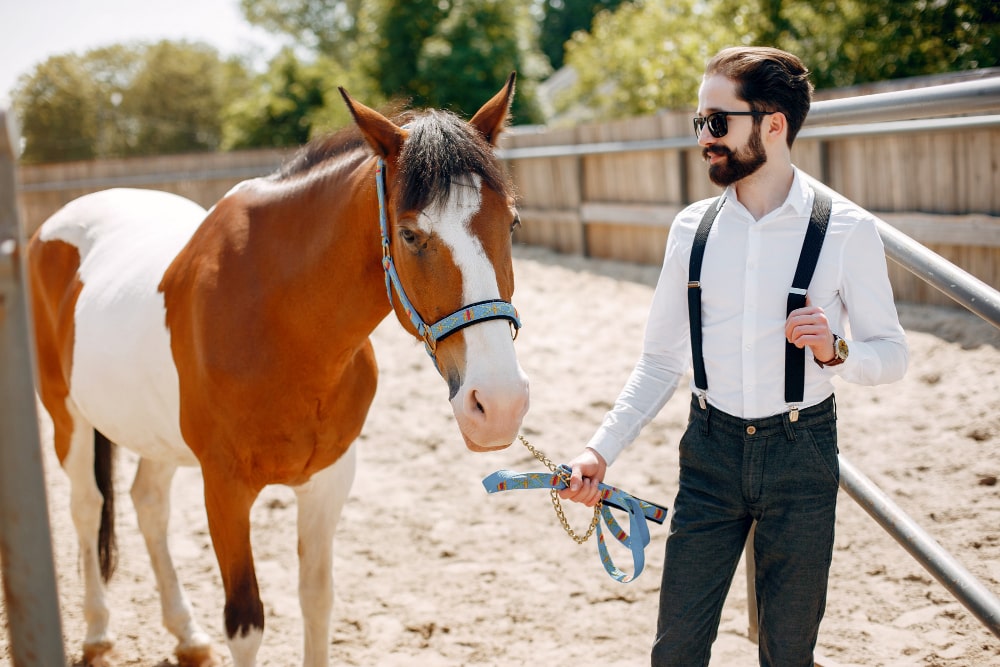
Pros and cons of equine ...
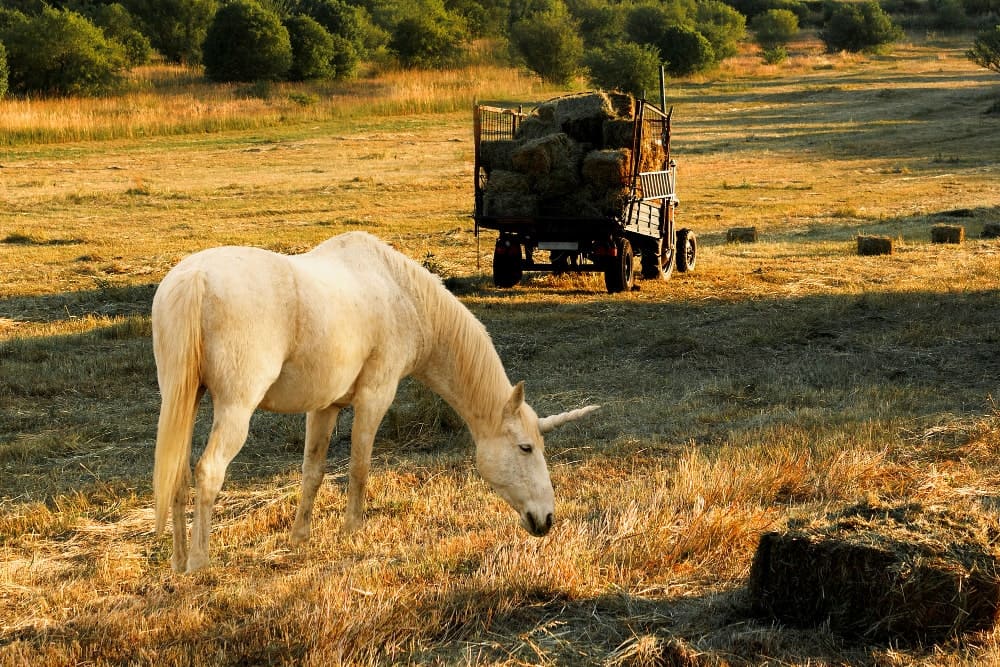
How Long After Mowing Can ...

How to Care for a ...
.jpg)
Why Do Horses Wear Blinders: ...
.jpg)
How to fit an exercise ...

Why is my horse bucking ...
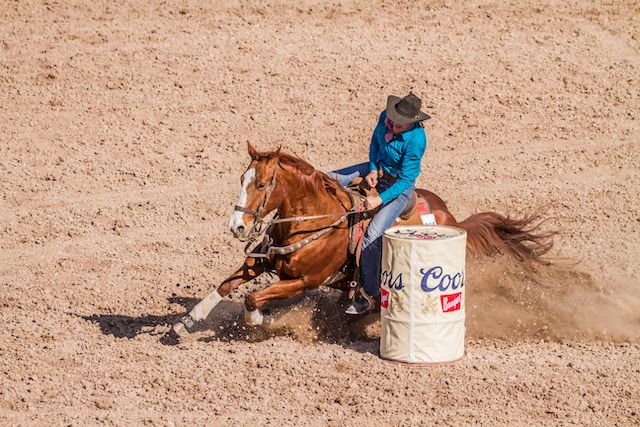
What causes a horse to ...
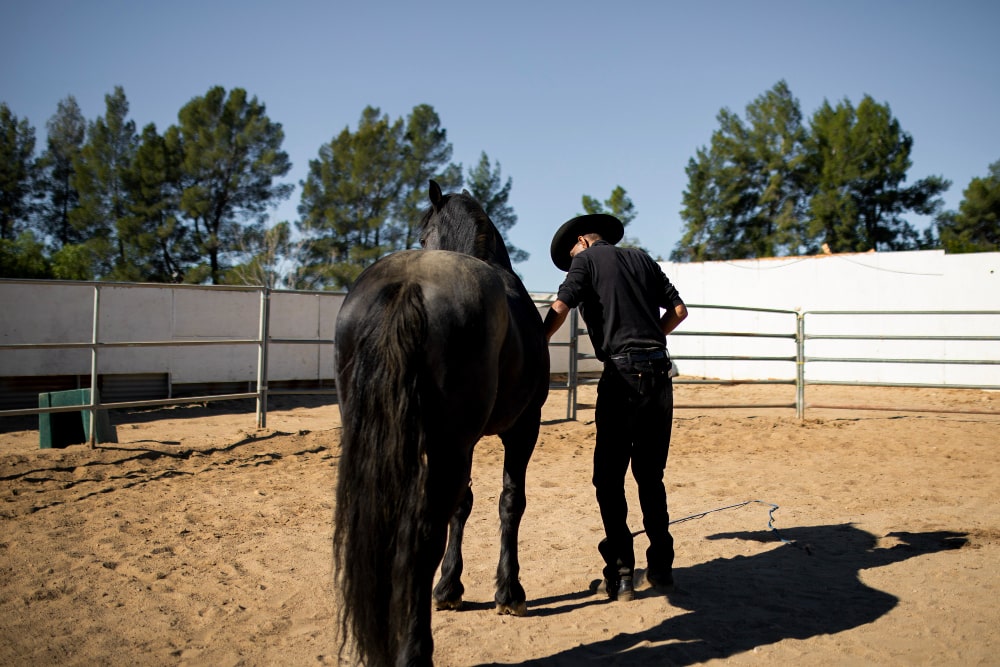
How to Stop a Horse ...
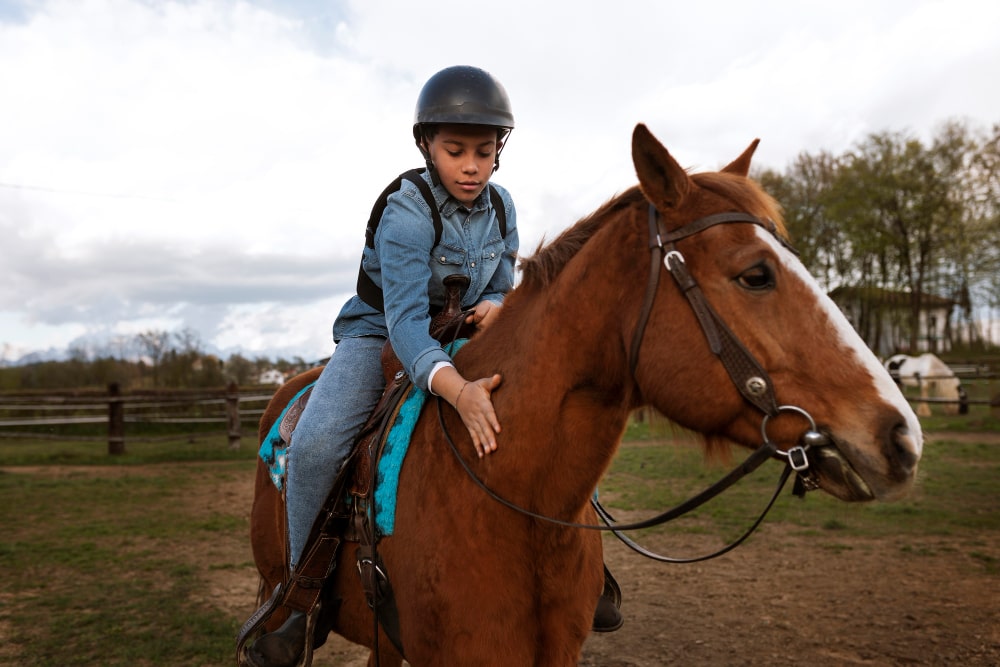
Why Is My Horse Bunny ...
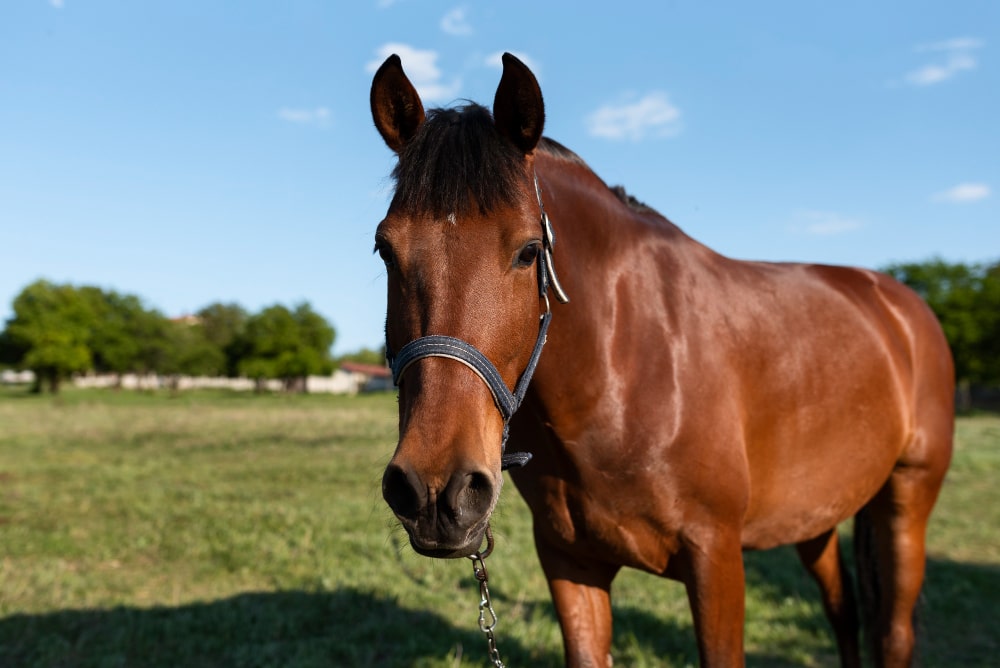
How To Improve Pasture For ...
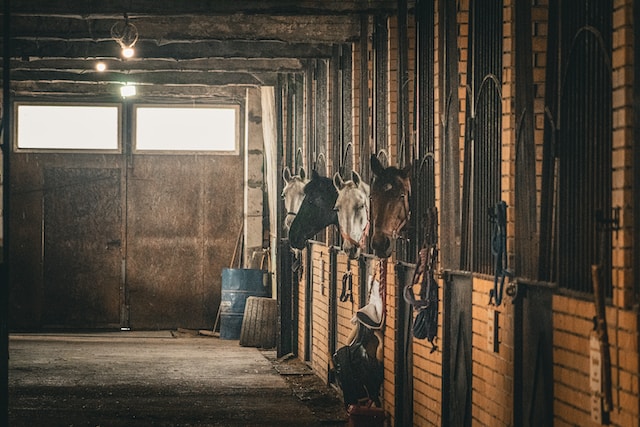
How to get the smell ...

Can you add ramp to ...

What Is The Temperament Of ...
.jpg)
Why Is Friesian Horse Hair ...
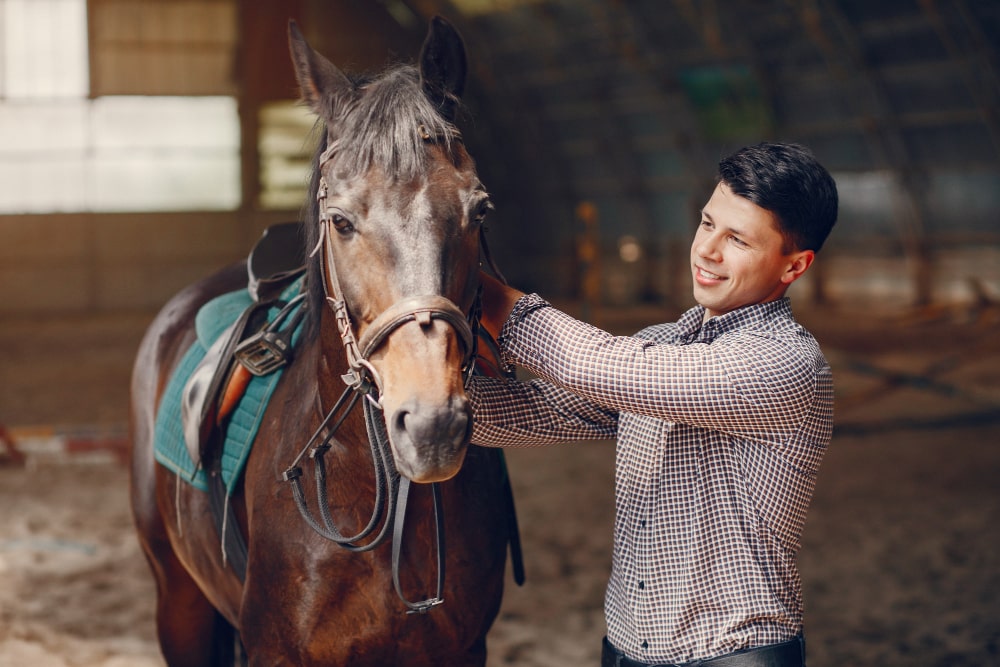
Why is my horse testing ...
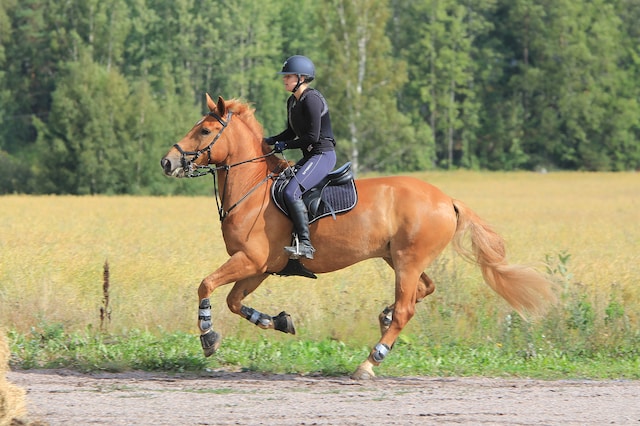
How often you should take ...
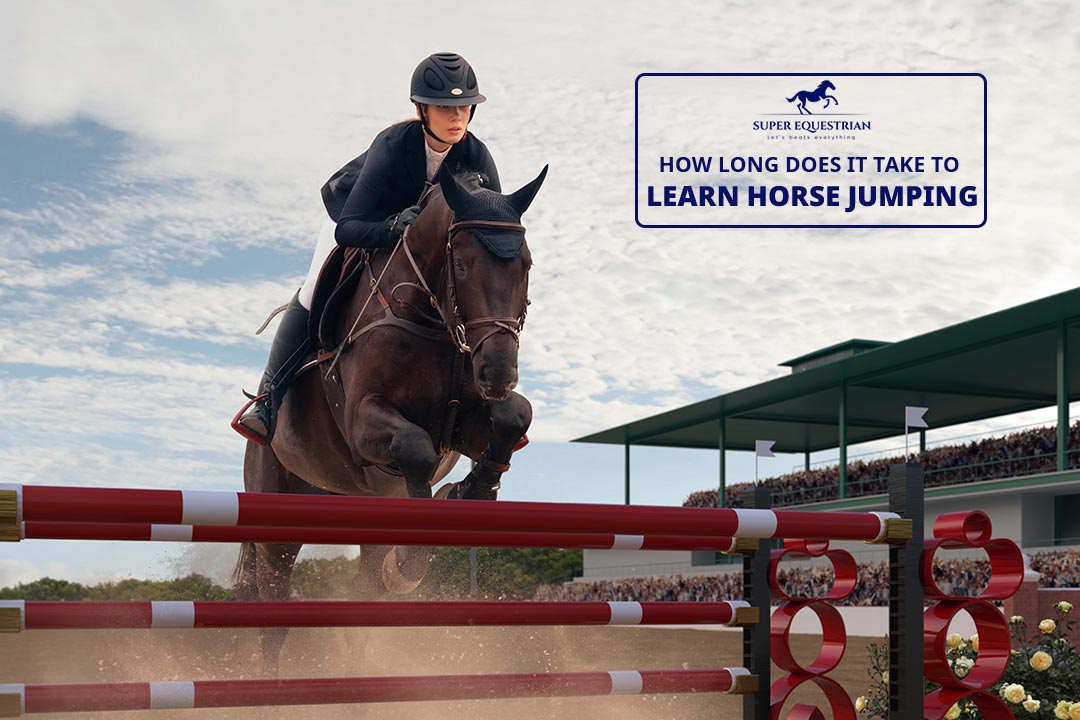
How long does it take ...
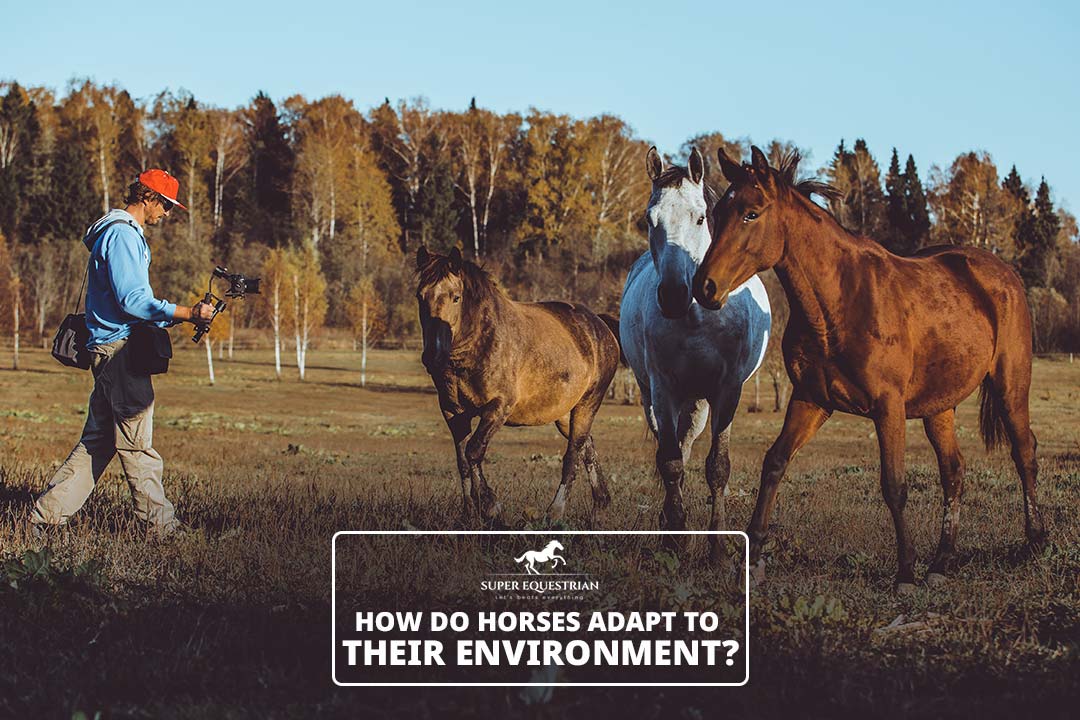
How do horses adapt to ...

How To Prepare For A ...
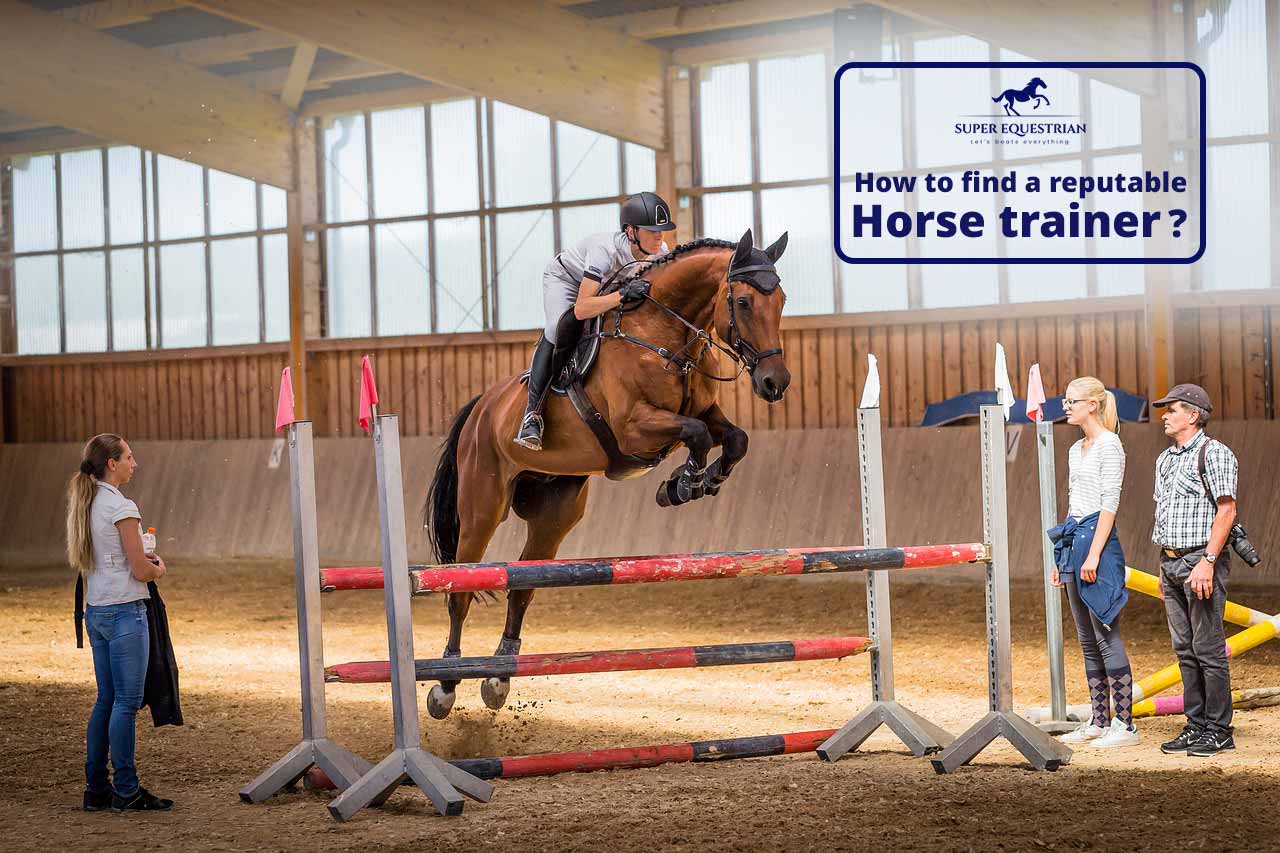
How To Find A Reputable ...
.jpg)
Do Horses Get Medals at ...

How to create a horse-...